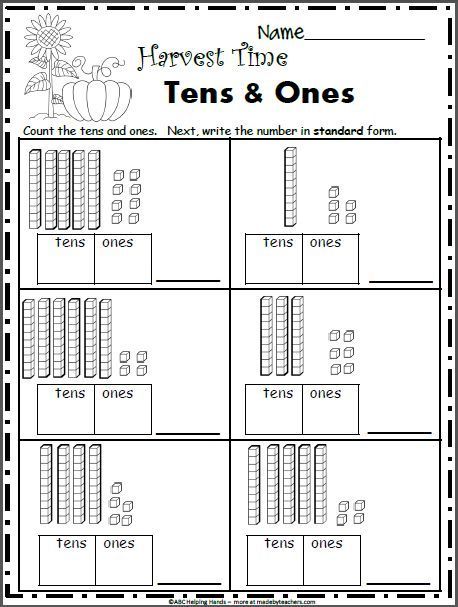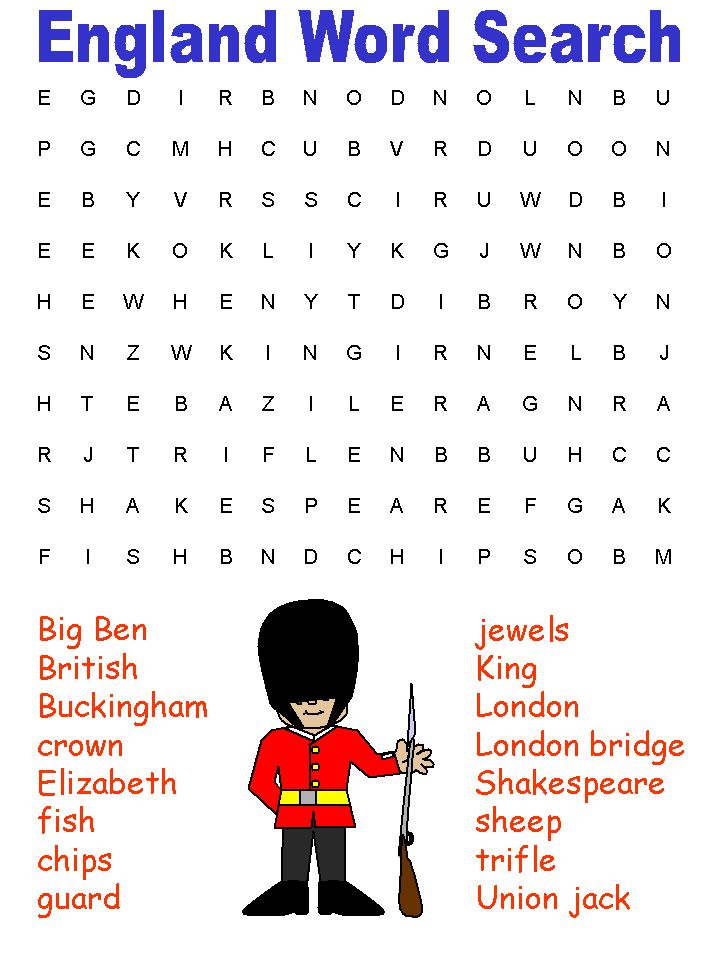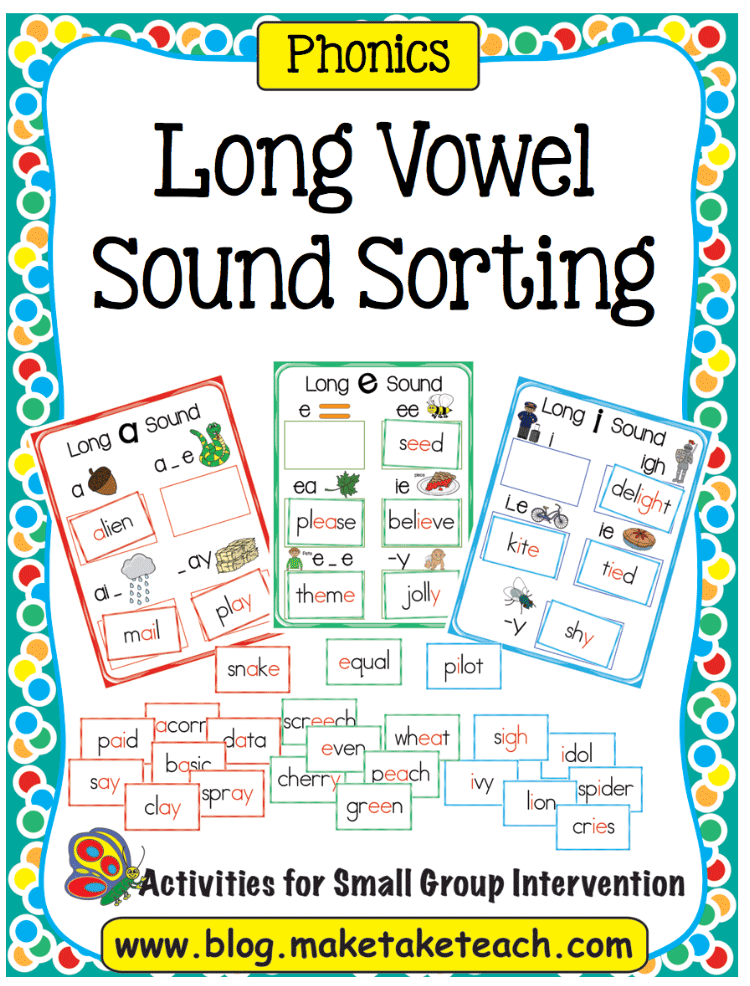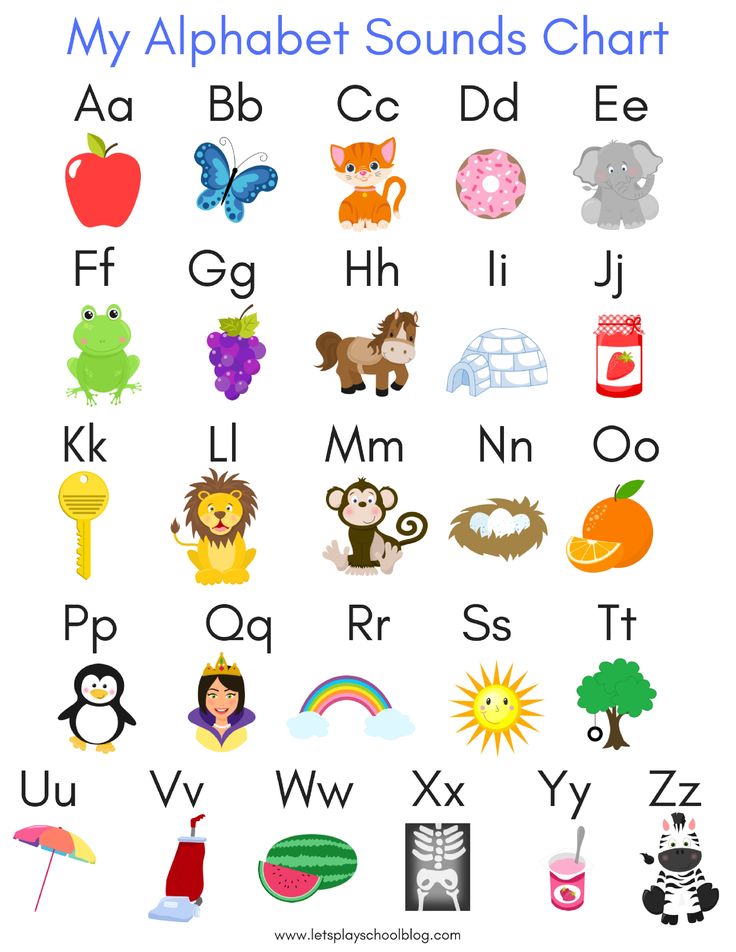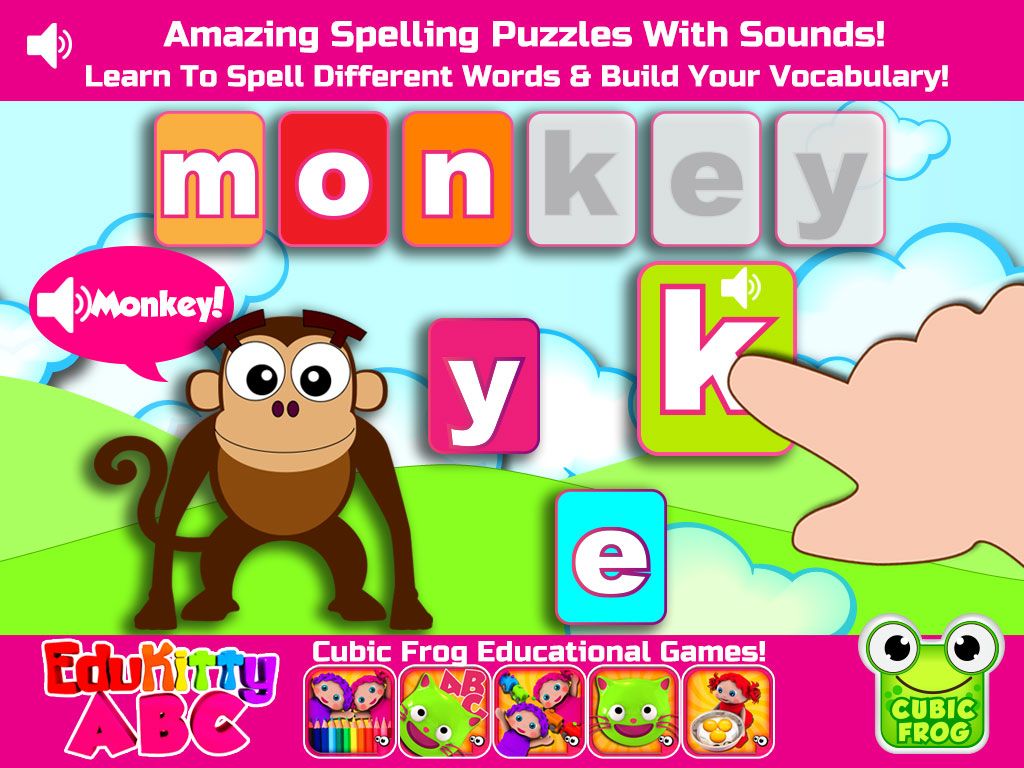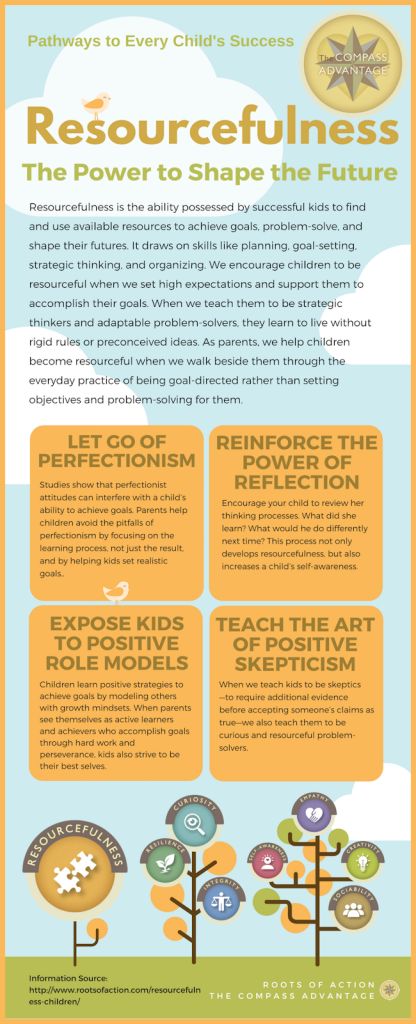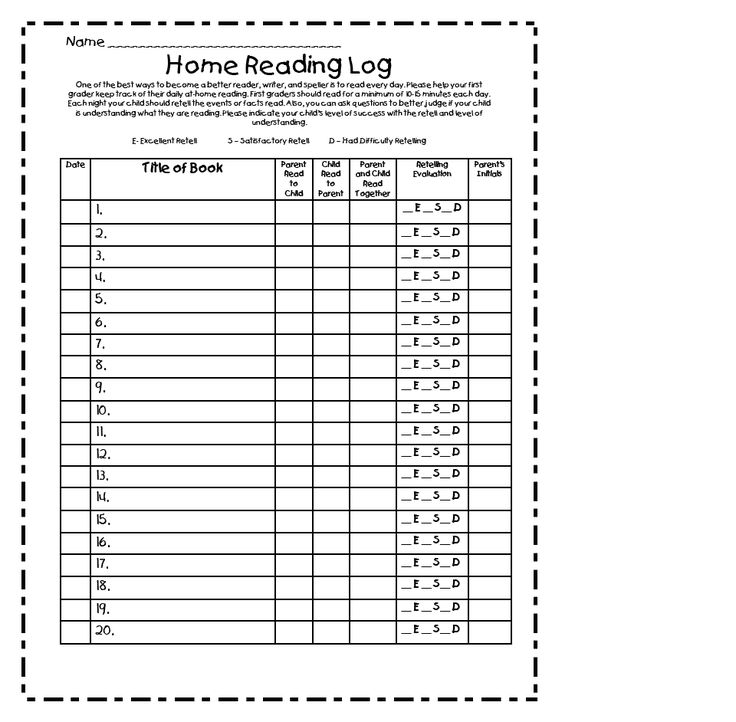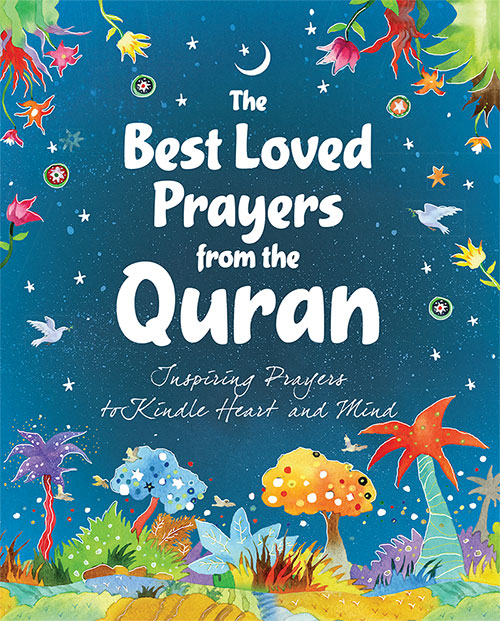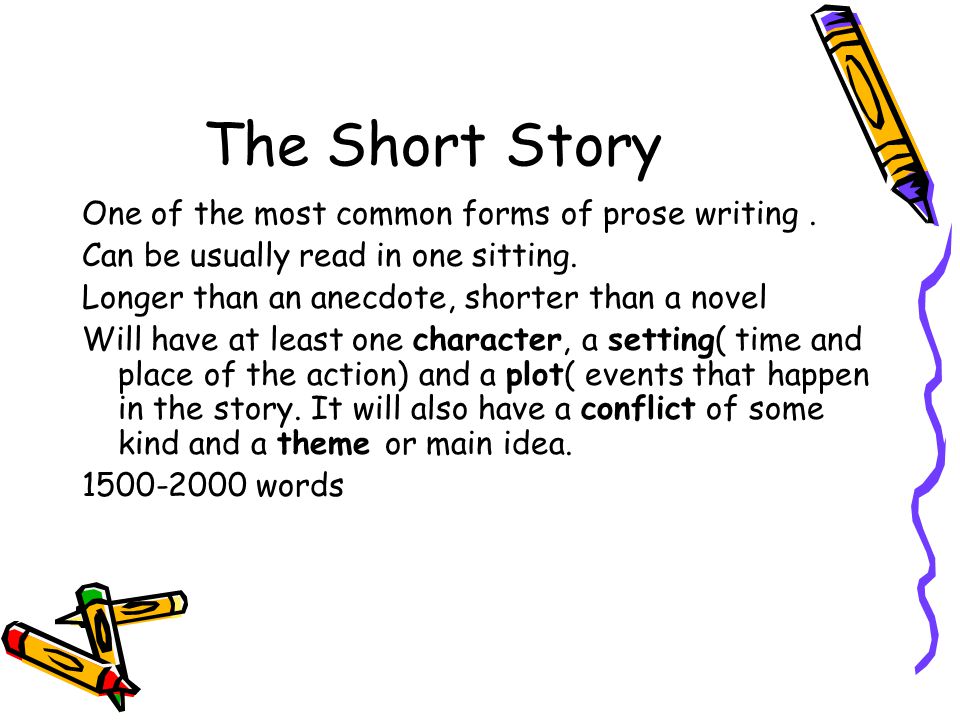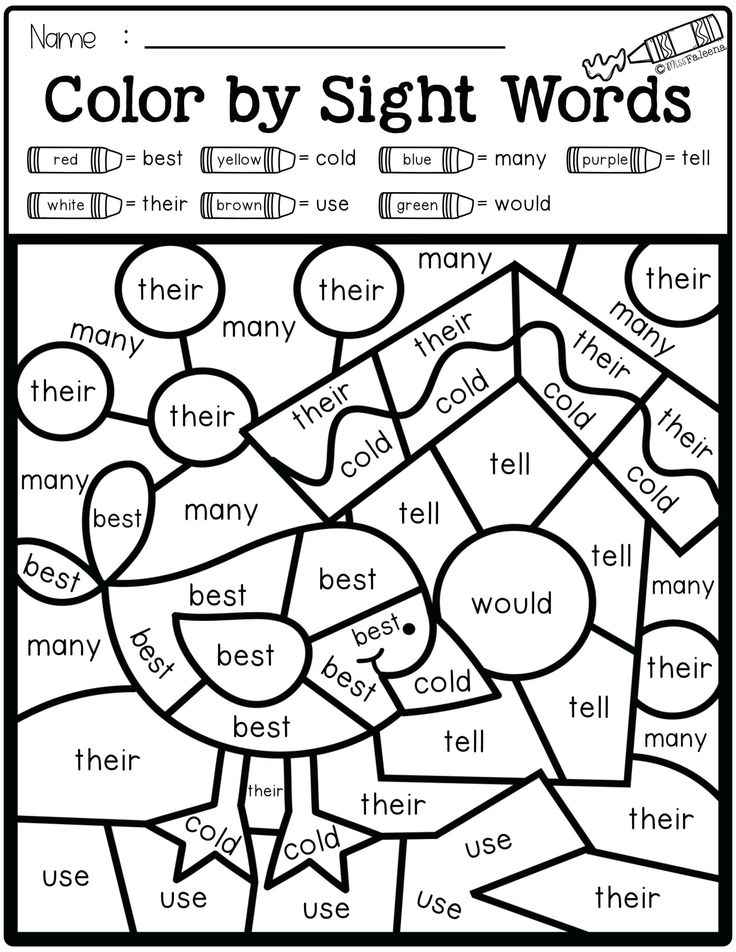Sight word games for parents
Sight Word Activities for PARENTS
in activities, ELA, homework, kindergarten, parental involvement, printables, sight words - 9 comments
Last week, after a meeting at church, I chatted with a sweet friend. She asked me, "Liz- what in the world are SIGHT WORDS, and do you have any ideas for how my daughter and I can practice them at home?" (Her cutie had just started Kindergarten...) Before long, a few other Moms joined in on the conversation, and I knew right away I wanted to write a blog post sharing EASY and FUN sight word activities that parents can do at home with their kiddos.
Just as parents help their child study for a weekly spelling test, they can also help their child read and review their weekly sight words. This blog post is filled with ideas for PARENTS to help their children practice and review their sight words at home to compliment what the teacher is doing at school.
Sight word activities at home should be. ..
1. Tactile/Hands On
2. Games/FUN
3. Visual
You want your child to have an opportunity to build, touch, and experience the sight words so that his or her brain can make a connection between the letters and the word itself. It's all about exposure, repetition, and practice.
1. Glitter Sight Word Flip Books
(This video explains how to make them.)
2. Whipped Cream/Shaving Cream Writing
Spray some whipped cream or shaving cream on the counter or table. Have your child spread it out and then practice writing his sight words. Provide a flashcard or list for reference. It's all about practice, repetition, and exposure to the words. Don't worry if your child needs to look at the word list.
3. Sand/Sugar letters
Get a school supply box or cookie sheet with edges and fill it with play sand or granulated sugar. Have your child practice writing sight words in the sand with his or her finger. It's all about the touch! *Hint: You do not need very much sand!*
4.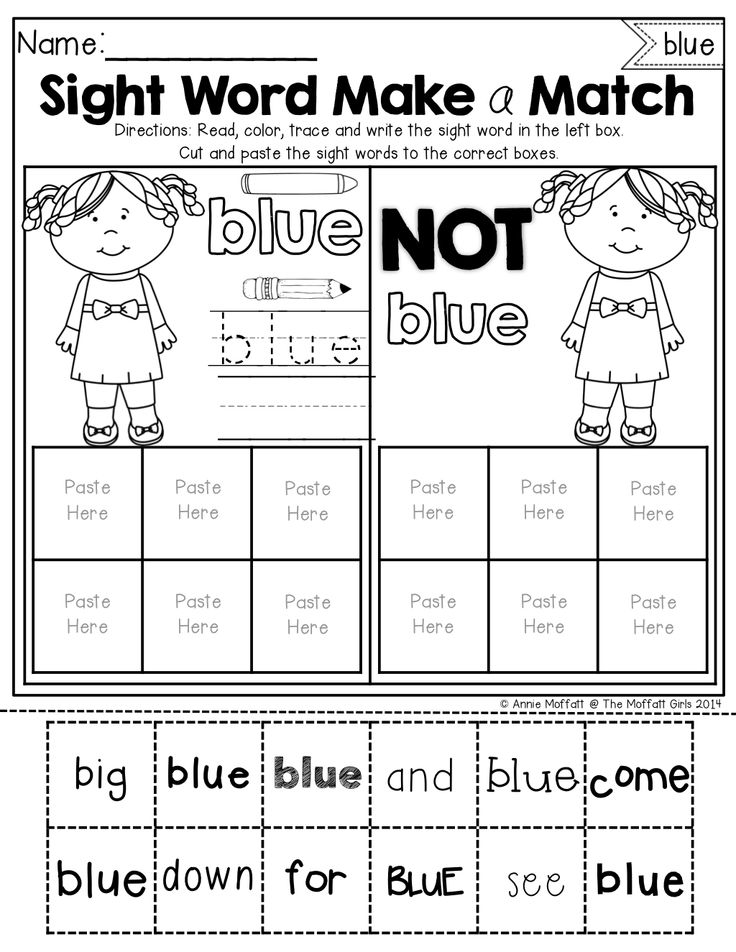 PlayDoh
PlayDoh
Flatten a piece of play doh and use a toothpick or skewer to write sight words in the PlayDoh. Kiddos can also form long snakes with the PlayDoh and then build the words with PlayDoh.
5. Build the Word
Build the word using magnetic letters, cut up pool noodle pieces, alphabet cereal, or with yummy items from the pantry!
Brynn had a blast with this pool noodle sight word activity. Such a cutie.
Find out more about the pool noodle sight words.
PULL AND PEEL TWIZZLERS
They are so easy to bend and shape. So much easier and less messy than PlayDoh. Delicious too! :)
Sight Word Snacks: Pull and Peel Twizzlers, pretzel sticks, raisins, chocolate chips, spaghetti noodles, Cheerios, Cheez-It letters, animal cracker letters, string cheese...
6. Go Fish
Make a set of playing cards with index cards using the words of the week or the words your child needs to review. (2-4 per word) Deal the same number of cards to each player and then leave a "Go Fish" pile in the middle.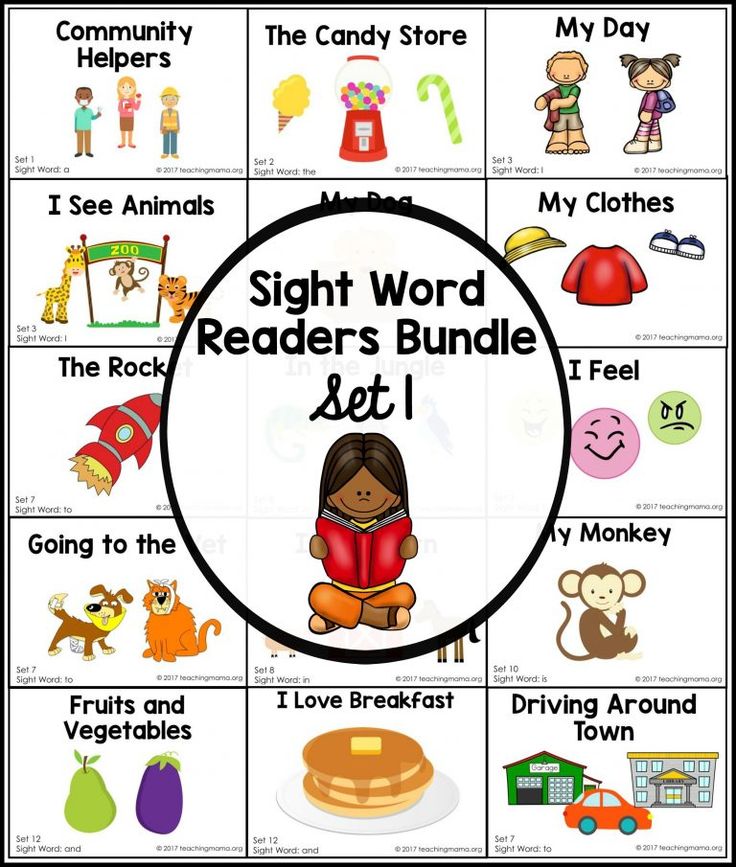
7. Memory
Make a set of playing cards using the words of the week. (Two per word) Place all of the cards upside down. Each player flips over two cards and reads the words aloud. If the words match, the player keeps the pair. The player with the most matches wins. *If you child has A LOT of words to learn, start with just a few and then add more to the memory game as they become more comfortable with the words. Your child will be extremely frustrated if they have 20 cards in the game and they can't read any of them, so start simple.*
8. Hopscotch
Grab some chalk and make a hopscotch board in your driveway. Fill in the week's sight words, and have your child hop across while practicing the words. While you are outside enjoying the weather, let your child decorate the sidewalk or driveway with all of his or her sight words.
9. Hide & Seek Sight Words
Write the weekly sight words on sticky notes. When your child is not looking, hide the words all over the house! After you hide the words, let your child loose to go find all of the hidden words.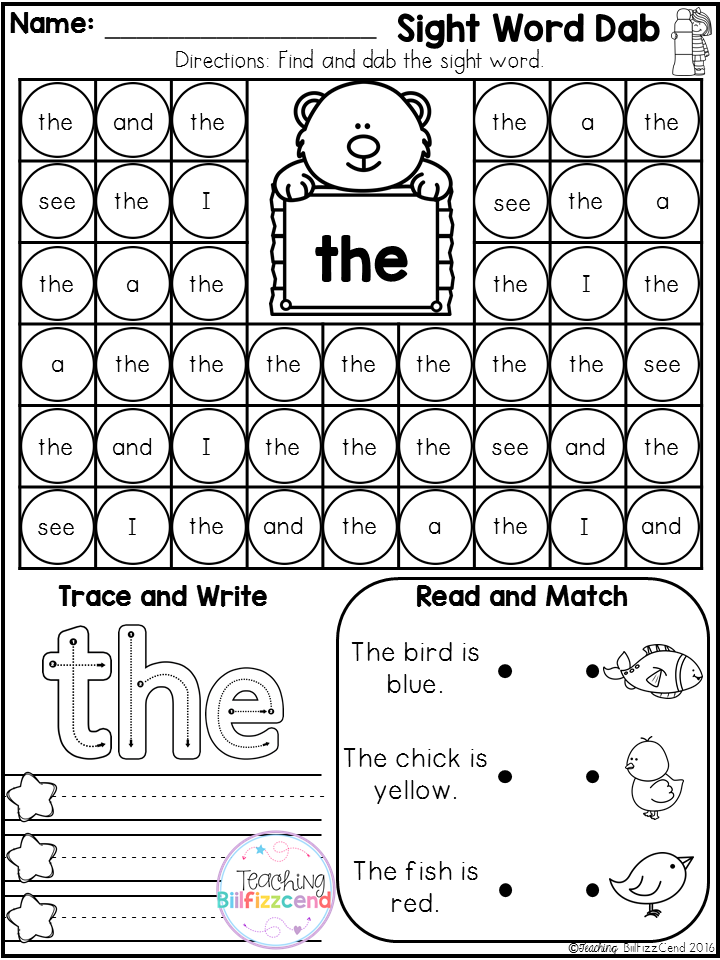 For extra practice, your child can write the words after he or she finds them. This game is so easy and endless fun!
For extra practice, your child can write the words after he or she finds them. This game is so easy and endless fun!
Tip: Collect found words on a clipboard.
10. Printable Board Games
I love this editable game from Playdough to Plato. It's FREE! I love that you can type in the words that you want on the game board. So cute and fun for practicing new sight words. (If you don't have a TpT account, you will need to sign up to download the freebie.)
11. SWAT Game
Write all of the weekly sight words on index cards. Grab a fly swatter. Yes, a fly swatter. :) Call out one of the words. As quickly as possible, your child SWATS the word with the fly swatter. Silly fun! If your child is struggling with ALL of the words, just start with 2-3words. Add a few more words as they become more familiar with the words.
12. Sight Word Password
Kids love secret passwords.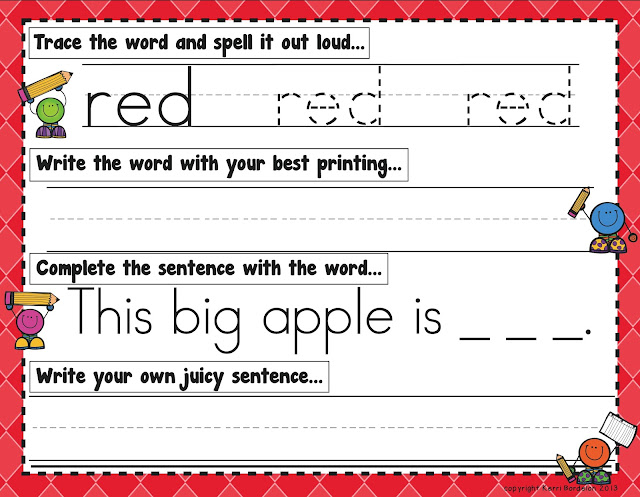 Use this love of passwords to help learn sight words. Pick the trickiest word of the week and make that the "password." Write it on a big piece of construction paper and post it somewhere in your house that gets a lot of traffic (i.e. the bathroom, the fridge, the pantry...). To enter the pantry, everyone in the family must read the password. Hearing Mom, Dad, and older sister say the "password," as well as looking at it and making a connection with it throughout the week will help your child remember it as well. Remember, it's about exposure, repetition, and practice.
Use this love of passwords to help learn sight words. Pick the trickiest word of the week and make that the "password." Write it on a big piece of construction paper and post it somewhere in your house that gets a lot of traffic (i.e. the bathroom, the fridge, the pantry...). To enter the pantry, everyone in the family must read the password. Hearing Mom, Dad, and older sister say the "password," as well as looking at it and making a connection with it throughout the week will help your child remember it as well. Remember, it's about exposure, repetition, and practice.
If you are a teacher, please feel free to share the link to this blog post with parents in a weekly e-mail, class newsletter, during Parent Teacher Conferences, etc. Please e-mail me at [email protected] if you have any questions.
If you would like to download the sight word cards I used, visit my TpT store.
FREE Sight Word Activities You can Use at Home
Inside: Looking for ways you can help your child learn sight words? These 10 fun activities are quick and easy and will help your child become a sight word whiz in no time.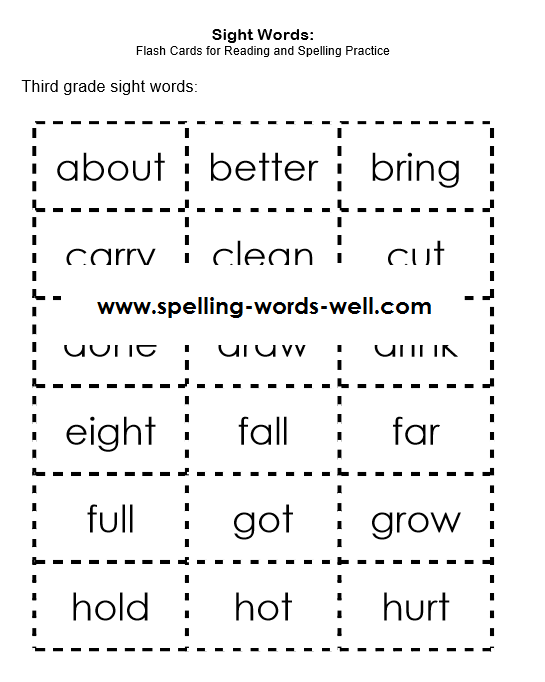 Affiliate links are used. Read my disclosure here.
Affiliate links are used. Read my disclosure here.
Mastering sight words is critical for students’ reading success. And, let’s face it. There aren’t enough hours in the school day for teachers to help every student master every sight word. Since sight word retention requires repetition, parents need to do fun sight word activities with their children as well.
Parents can help students master their sight words in fun and engaging ways at home using these FREE printable sight word activities. While spending quality time together, parents and students are also ensuring reading success!
10 Sight Word Activities for Parents and Children
1. Shine a light on it!Tape index cards with sight words on them on the ceiling or on a wall. Use painter’s tape so it doesn’t damage the wall. Turn the lights off, and have your child shine the light on a word and read it.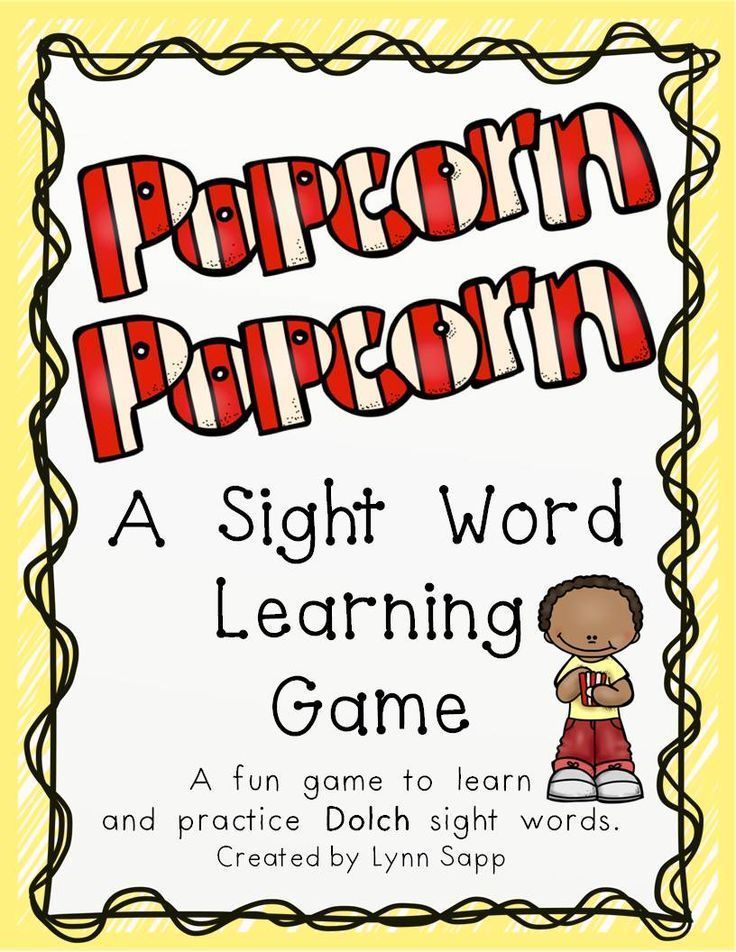
Or, leave the lights on and call out a word. See how quickly your child can find that word and shine a light on it. Kids love this fun game that’s perfect for the 5-10 minutes before bedtime.
2. Hop to it!
Create a hopscotch board with painters tape indoors or sidewalk chalk outdoors. Place a sight word in each square. As your child hops along the board, have them read the sight word.
The great thing about this game is that it promotes active learning and it focuses on just 8-10 words at a time which is the perfect size list!
3. Time yourself!
Use a sand timer or stopwatch. Have your child read a sight word list and time himself. Do it again and try to beat the previous time. Your child can also play “Beat the Clock” by trying to get through an entire list before the timer runs out.
Remind your child (and yourself) that SPEED + ACCURACY = FLUENCY!
4.
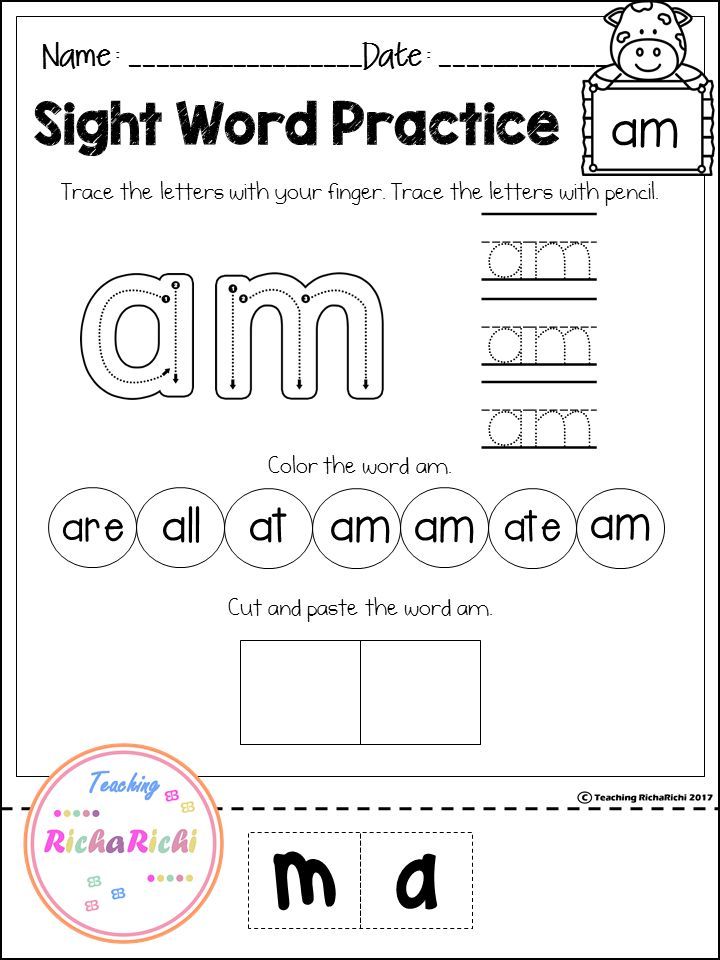 Clap, Spell, Chant!
Clap, Spell, Chant!Clap the word, spell it letter by letter as you clap, then chant the word again! For extra fun add different kinds of voices and voice levels.
Shout it. Whisper it. Chant it in a baby voice. Or use a cowboy voice. Simply put, make it fun!
5. Write it!
You’ll love this sight word activity. Pour salt or sugar in a shallow plastic tray. Let your child “write” the word in the sugar or salt. This is actually a Montessori technique that works great because your child is learning the word through movement, texture, and sight!
At different times of the year, change up the writing medium to match the season. Use shaving cream to represent snow in the winter. Use colorful sprinkles at Christmas time. Anything goes with this fun sight word activity.
Even More Fun Sight Word Activities
6.
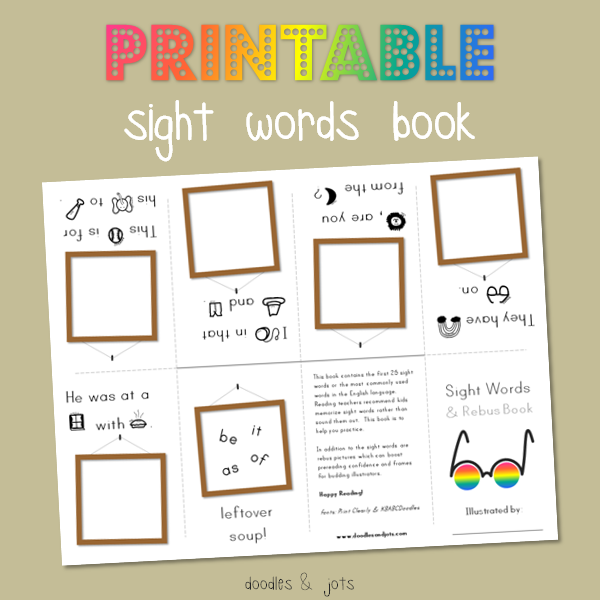 Stick to it!
Stick to it! Purchase magnetic letters at the dollar store and put them in a bowl. Have your child spell words using the magnetic letters. They can stick the letters to the fridge or even to a cookie sheet!
Or use a tin lunch box for a portable letter holder and magnet board. Kids love this, and it’s a great way to keep the magnetic letters organized and all together.
7. Scoop it up!
Write sight words on index cards and bury the cards in sand, corn kernels, etc. Have your child use a scoop to get a sight word and read it. Again, you can change out the material based on the season.
You could even add the sight word cards into a sensory bin with several different materials. This sight word activity will be played again and again!
8. BINGO!
Program blank BINGO boards with sight words.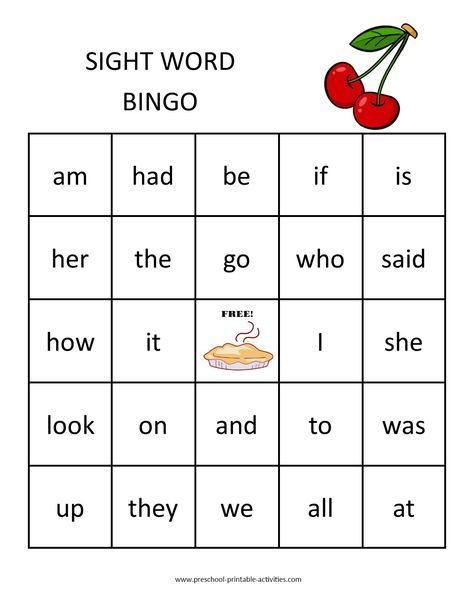 Call out a word and have your child find it and place a bingo chip, color square, etc. on it.
Call out a word and have your child find it and place a bingo chip, color square, etc. on it.
For a seasonal twist, use fun items for the Bingo chips. Mini erasers from The Target Dollar Spot make great chips. You could use Hershey Kisses at Valentine’s Day and mini presents from the Dollar Tree at Christmas. Anything that will fit on the Bingo square is great!
9. Go Fish!
Another fun sight word activity for parents to do at home is sight word fishing. Print the fish on colored card stock. Write a sight word on each fish, and attach a magnet to it. Use a fishing line on a dowel rod to “fish” for and read words. Be sure there’s a strong magnet at the end of the fishing line to “catch” the fish!
Guess what? You can even buy a little magnetic fishing pole so you don’t have to make one. Check this one out on Amazon!
10.
 What’s the password?
What’s the password? Make a Sight Word Password for each room in your house. Tape the sign on the door. Your child must read the word to enter the room.
You can do this fun game with letters or numbers, too. Be sure you use painters tape so you don’t damage your walls or doors.
FREE Printable Sight Word Activities
Want to grab a free parent resource packet of sight word activities to use with your child at home? Click the picture below to snag this FREEBIE! (Teachers, feel free to send a copy of this FREE packet home with your students!)
Looking for more fun learning activities for Preschool or Kindergarten? Check out these ideas:
- Name Practice Mats
- Alphabet Activities Using Magnetic Letters
- Hands On Alphabet Activities
- FREE Playdoh Alphabet Mats
Games and contests for children and parents
I'm here: home ›
Games
›
Outdoor games
› Fun games and competitions for parents and children
Outdoor games
Minutes of communication with a child are priceless.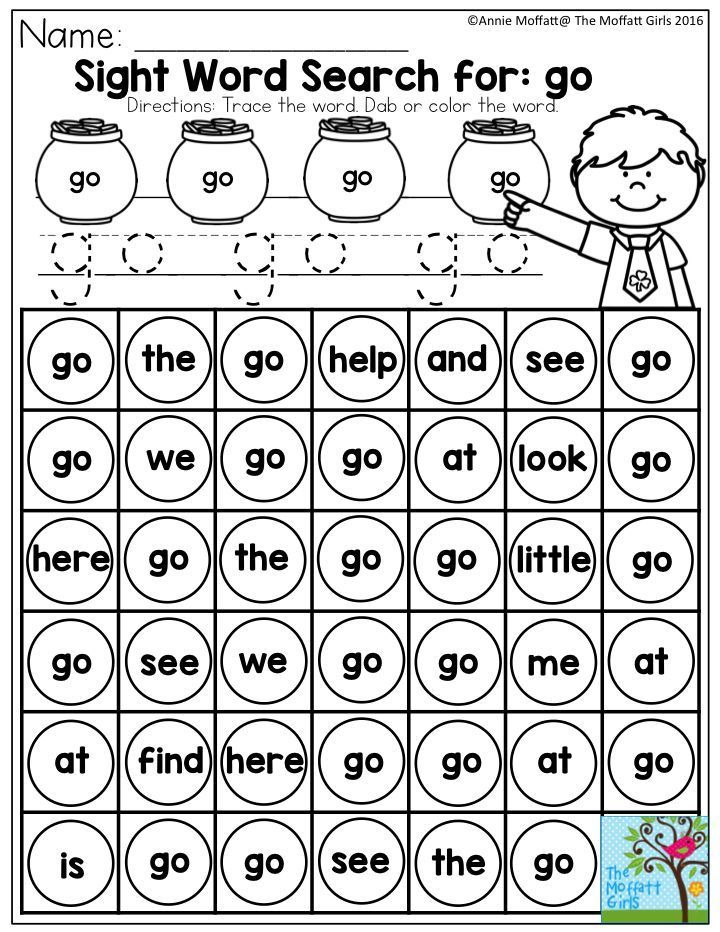 But when they are alone with the baby, parents often shrug their hands in bewilderment: “What to play?” No panic! To turn a weekend into an unforgettable adventure, Pustunchik has selected the best games and competitions for parents and children.
But when they are alone with the baby, parents often shrug their hands in bewilderment: “What to play?” No panic! To turn a weekend into an unforgettable adventure, Pustunchik has selected the best games and competitions for parents and children.
1114 t.0
Each the child is a great explorer, philosopher's stone inventor hidden in nature and at home. to know peace, build relationships with peers, overcome fears and Doubt little why is learning with using the game.
Fictional world with its own rules, in which for Toddlers everything is real: dragons, fairies, knights and castles - helps children to collide with different situations and, guided by logic, fantasy, dexterity, find exit. The mission of parents is love and caress to support your child on the way to knowledge, development and self-improvement.
Games for parents and children
To the weekend with the baby was filled joy and positive, and family holidays left behind unforgettable memories, we offer to spend them playing.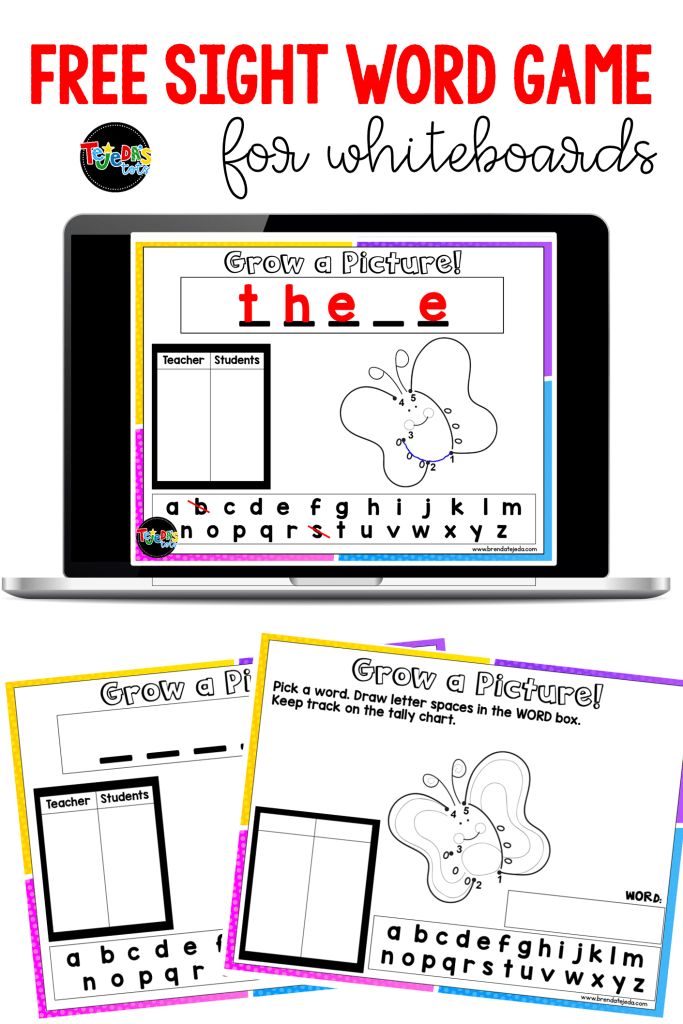
gossamer
Inside Every child lives a little spy. Invite your child to play James Bond, arranging an obstacle course for him in the form of a web. Labyrinth of "laser" rays can be made from ordinary yarn or thin rope. Stretch the threads of the web between chairs (or trees, if relax in nature) and suggest how you can go through the maze faster without touching ropes. On the way, the baby must be careful collect treasures (cards, candies, toys) attached with clothespins. Do not lift the extracted good from the floor allowed. All members compete families in turn. The one who wins the fastest to go through the maze and collect more bonuses.
Magic word
small Europeans know this game as "Simon He speaks". The game is for three more players, so perfect fit for a big family. One of the players takes take on the role of Simon, who betrays instructions: Simon says jump up, or Simon says put your hands up. Other players try as fast as possible repeat the command, but only if if the host said "the magic word" (you can come up with your own: please, please you).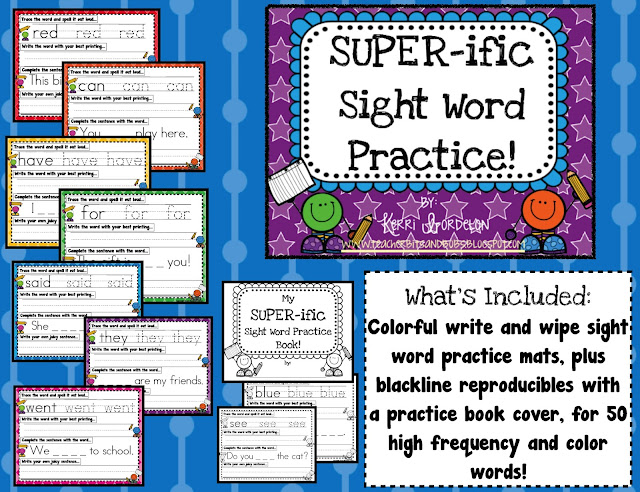 Who hesitated or took action without a special word - out. The last player left wins in the game, or Simon if the last two participants were wrong at the same time.
Who hesitated or took action without a special word - out. The last player left wins in the game, or Simon if the last two participants were wrong at the same time.
Paradise in a hut
All in the world, children love small houses, fabulous fortresses and other cozy shtetls. Why not please the little one intricate structure right in the middle at home? What to build? House, garage, wigwam, a lair or a cave ... Yes, anything from anything! Useful: a large blanket, pillows, boxes and even mother's shoes on heels. And after finishing construction your chicken tell to a child about Indians, cavemen, or Cossacks. The kid will be delighted! By all means take care and about costumes - bright outfits and themed treats will make your day.
Let's draw together!
This the game is an unlimited field for creativity! Wet watercolors and lightly touch paint surfaces with fingers. multicolored leave prints on a sheet of paper or whatman paper.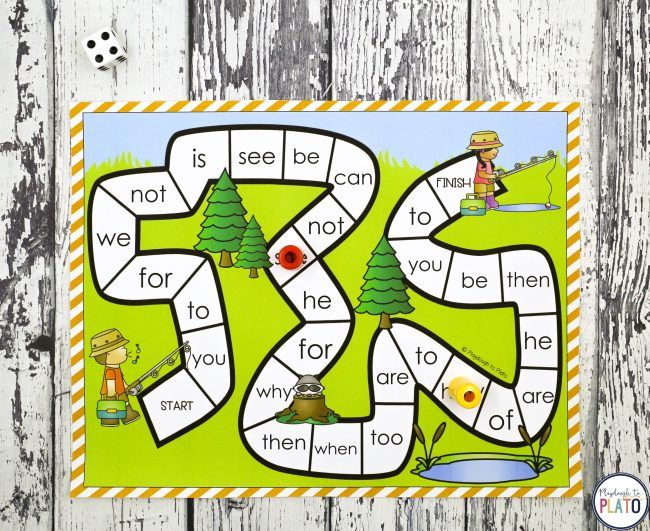 And now the most interesting. You can draw funny animals, trees, flowers - all that is enough fantasy. handprint drawing and fingers perfectly brings together. What if hang a colorful masterpiece in plain sight place, your family will be warm for a long time memories of a great weekend the circle of those closest to you.
And now the most interesting. You can draw funny animals, trees, flowers - all that is enough fantasy. handprint drawing and fingers perfectly brings together. What if hang a colorful masterpiece in plain sight place, your family will be warm for a long time memories of a great weekend the circle of those closest to you.
"Hi, I'm Olaf! I love warm hugs
laugh and cry (of course, from laughter) - exactly about this game! At the command of mom, dad and their snowman take in full lungs of air, inflate cheeks like snowmen's and delay breath. Within 10 seconds everyone starts bizarrely move: spread their arms, walk, waddling from side to side, hugging.
Then one of the adults says: “And now The sun came out and the snowmen melted. Players exhale slowly, lower hands, squat and lie down on the ground. The game relieves stress and enhances child's trust in parents.
Throwing vegetables
Not in the literal sense - conditionally! players, furrowed their brows, cursing in an angry voice vegetables, berries, flowers: "You are an eggplant.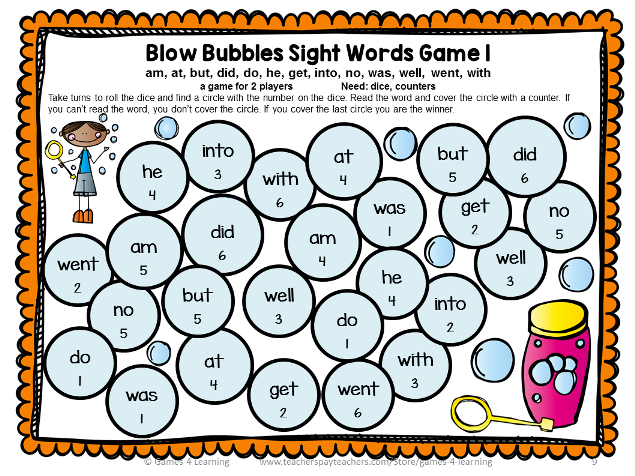 " In response: “And you are cabbage!” Once the game goes too far - heard offensive words or between children aggression occurs - the game stops, the theme changes: “You are a tulip”, “And you are cornflower". Psychologists assure: the game reduces the manifestations of children's stubbornness, aggression, negativity.
" In response: “And you are cabbage!” Once the game goes too far - heard offensive words or between children aggression occurs - the game stops, the theme changes: “You are a tulip”, “And you are cornflower". Psychologists assure: the game reduces the manifestations of children's stubbornness, aggression, negativity.
Dad is at home! Texas Ranger or dormant tiger?
How whatever one may say, but most of the day with the children mother conducts. Therefore, only on the threshold the father of the family appears, the children hangs around the neck with a request to play.
AT daughters-mothers play with dad - rotten case, but in the Texas Ranger, Arabian horse or evil dragon - easily! And don't forget to "turn on" the sound. Growl, kick and roll the young mischievous riding is a must.
BUT how about turning into eagles or become airplanes? Truth, Mom might not like this idea. therefore, in her presence on distant distance is better not to fly. Not worth it toss the baby very high to avoid collision with "skyscraper" or "asteroid".
Not worth it toss the baby very high to avoid collision with "skyscraper" or "asteroid".
If a no strength at all, play sleeping animal: bear, tiger or hippo (choose for yourself who you are more similar). Big daddy the beast fell asleep, pressed to a baby, so much so that he ... too fell asleep in his arms (this is at its best case). If you're less lucky, don't despair! By the rules of the game, son must get out of the lair, but so so as not to wake up dad (hungry beast, evil ogre, and so on).
Looking for treasure!
Not nothing more interesting than a family search treasures. Pieces of the map got lost in the middle forests (park, yard). Find clues overcome obstacles, compose route and forward - in search of the main prize (toys, sweets). Right the path will be indicated by arrows or traces mysterious dragon.
Resting outside the city, go on a “hunt”: dial twigs, leaves, seeds, cones, flowers and other natural treasures.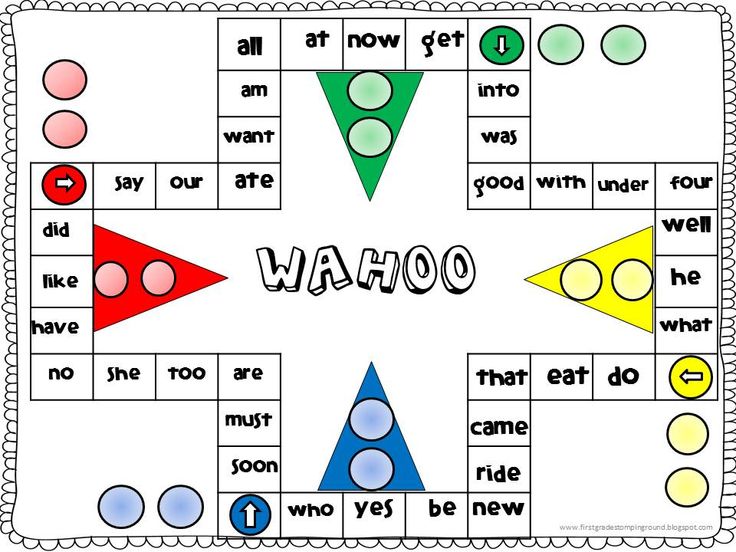 In the evening neatly arrange the collected herbarium or do bulk panel.
In the evening neatly arrange the collected herbarium or do bulk panel.
Competitions for parents and children
When a family holiday comes to school, without incendiary family games and competitions not enough. Who is more inventive: Skvortsovs or Polischuks? Unleash the talents of parents and their children will help contests.
Draw a fairy tale
Teacher-organizer prepares name cards in advance fairy tales and cartoons: "Cold heart”, “Three heroes”, “Fox and Crane", "Sleeping Beauty", "Small Prince" and others. Children in turn pull out the name of the fairy tale and draw it on a piece of paper. No more than 15 minutes. By the passage of time, children give their masterpieces for parents. The task of parents guess the story and retell it.
Get to know mom!
mothers sit in a row with their backs to the children and dissolve hair. The host quietly introduces to the competition and girls from the audience.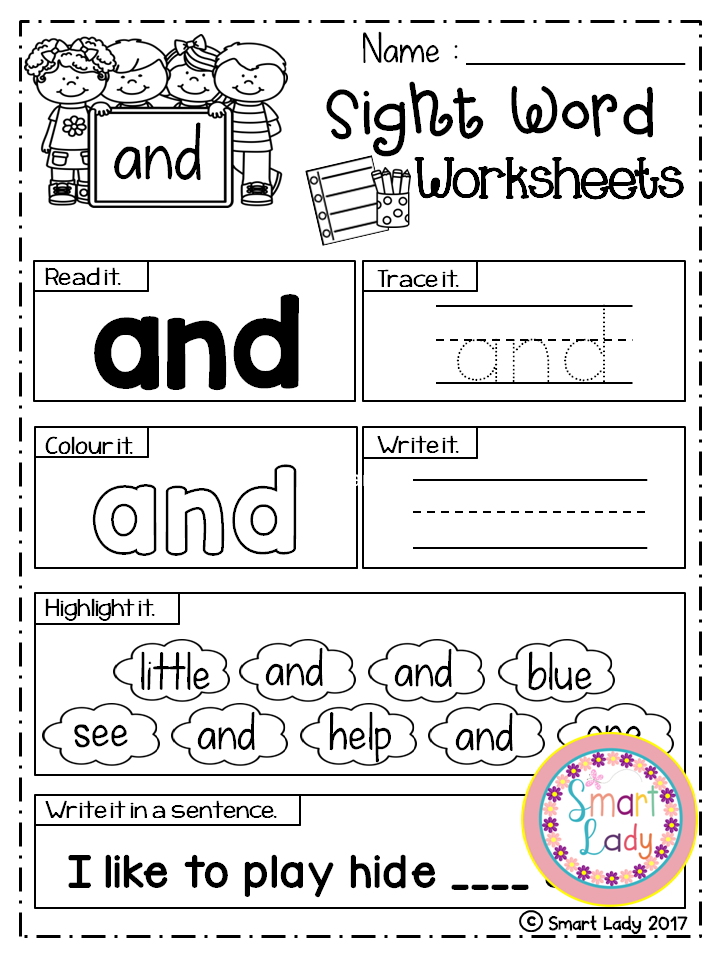 The more the more interesting! Children do not see in what order their mothers are sitting. Host assistants blindfold the children and take turns take them to their mothers. Children must learn your mom by the hair and say the number the chair she is sitting on. If the participants very young, you can simplify the task and allow to touch the face, but carefully.
The more the more interesting! Children do not see in what order their mothers are sitting. Host assistants blindfold the children and take turns take them to their mothers. Children must learn your mom by the hair and say the number the chair she is sitting on. If the participants very young, you can simplify the task and allow to touch the face, but carefully.
The Bremen Town Musicians
Each the family takes turns calling the song that starts with "Oh". teams, not Those who find the answer are out. will win the family that names the most songs and, accordingly, will score the highest number of points.
speaker
School years are unforgettable. The host proposes parents to remember if they were late someday to the lessons and what dodgy explanations were made for the teacher. The funniest and most original wins explanation.
Couturier
Parents know how to do everything, even dress a child with closed eyes.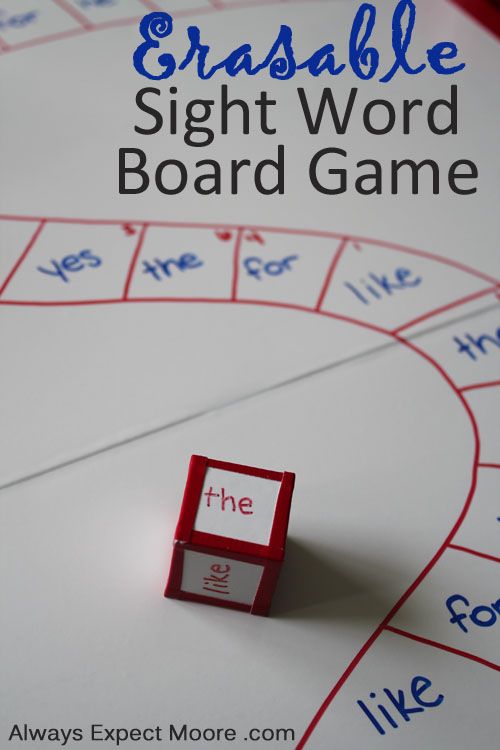 But it still needs to be checked! Modeling competition. To the middle of the hall mother and child are invited. On the side lies lots of clothes and shoes. mom gets knotted eyes. The leader chooses any thing and asks where to dress her. Finite the result is shown to the mother and the jury. The most stylish look wins.
But it still needs to be checked! Modeling competition. To the middle of the hall mother and child are invited. On the side lies lots of clothes and shoes. mom gets knotted eyes. The leader chooses any thing and asks where to dress her. Finite the result is shown to the mother and the jury. The most stylish look wins.
The coolest burger
On the dads are invited to the scene. In front of them - variety of products: loaf, sweets, cookies, sausage, crab sticks, mayonnaise, confectionery dressing. Exercise dad: in one minute, cook a sumptuous burger and come up with a name for it.
When masterpieces made and judged by the jury, presenter praises parents for culinary talents and offers to eat his works. For speed!
Read also:
- Games for a large company,
- Fascinating children's sports,
- Games with a ball for children.
Noticed a spelling mistake? Select it with the mouse and press Ctrl+Enter
Related materials
No results.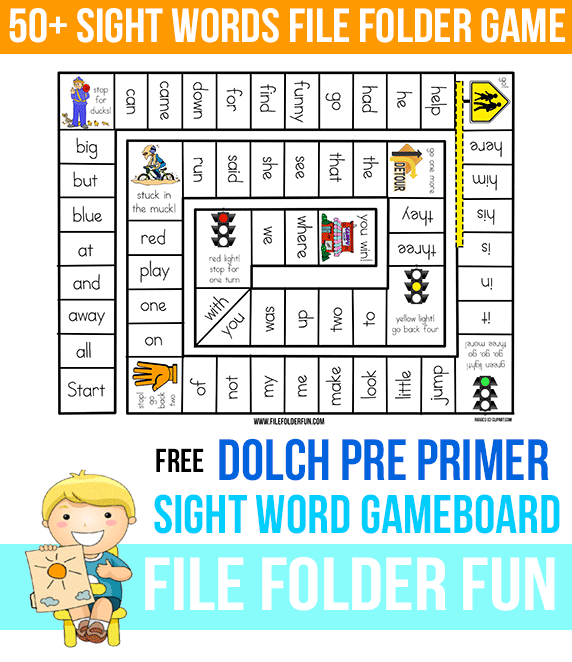
Joint family games for children and parents
Internet access makes it possible to get many different cartoons, clips, games and applications in one moment. Parents do not notice how children are drowning in gadgets. But for a child, a live game is also important, since this is one of the main moments of his development, as well as the main activity. The article will talk about what kind of joint games exist for children and parents, and why parents should participate in them.
Family games with children and parents: benefits and types
Playing with a child is not only a fun way to spend time with your family. This is also a great impetus to its development, because in the process of playing, kids develop many skills and abilities:
- Motor skills, sensory and spatial perception.
- Social and communication skills, oral speech.
- Ability to express oneself, use fantasy.
- Independence and curiosity.
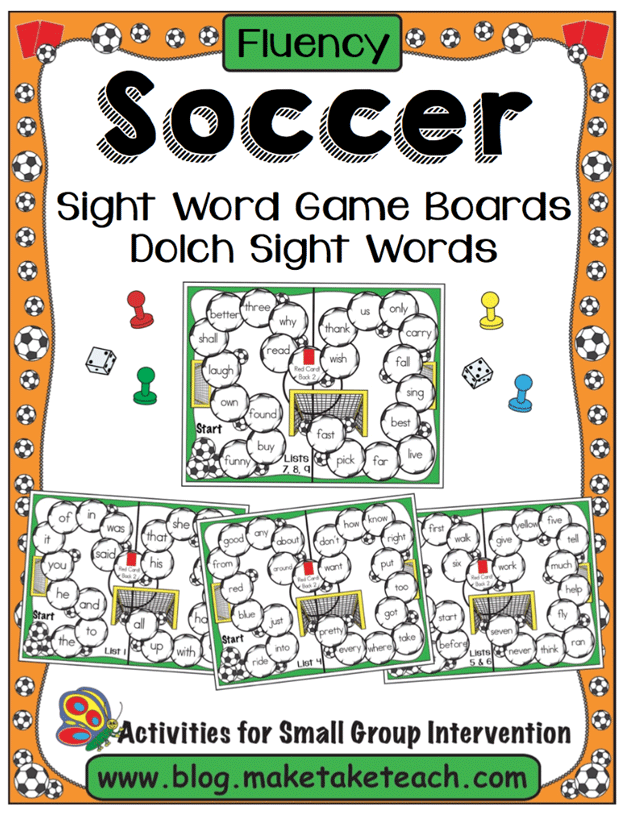
- Dexterity, speed, intelligence.
- Memory, attention and other physical and psychological qualities.
In addition, playing together helps to establish contact with the child. When a toddler only interacts with gadgets and their toys, they may start to feel lonely and distant. This can negatively affect closeness in the family. By engaging in activities with your child and giving them enough attention, you help your child build a sense of respect, worth, and simply show them that they are a valued member of the family.
The game helps the child to build communication more correctly, and especially to resolve conflict situations. During the game, you may have various controversial situations. By expressing your opinion, assigning roles and establishing contact, you help your child develop important social skills and adapt more easily to society, because in this way you give him a useful communication experience.
The most important thing is the emotional mood. The game is always a fun activity, so by playing games together, you will help your kid relieve stress after a hard day at school or kindergarten, and also just get emotional release and a long-term positive charge.
The game is always a fun activity, so by playing games together, you will help your kid relieve stress after a hard day at school or kindergarten, and also just get emotional release and a long-term positive charge.
There is an unlimited number of different games, the only limit is your imagination and desire to spend time with your child. All of them can be divided into main types:
- Funny games. Every child wants to be loved and noticed. By playing different fun games, you give the baby the opportunity to feel the joy of communicating with parents and doing joint activities. It can be sports, and board games, outdoor activities, or just fun conversations and jokes.
- Educational games. This type is most relevant for preschool children. It is during this period that the child receives the baggage of the necessary knowledge, skills, and also develops his mental and physiological qualities. Educational games are aimed at the comprehensive development of the child and his improvement from all sides - movement skills, memory, attention, counting and reading, etc.
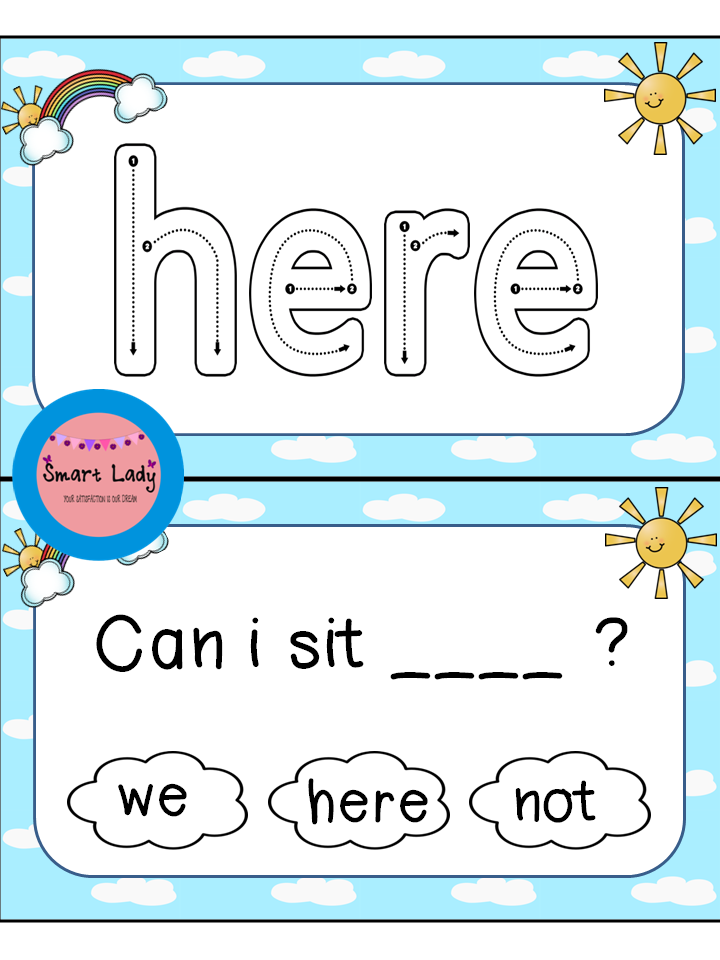
Why parents should play with their children
The main reason is the attention that every child needs. It is through him that the baby understands that you love him and accept him as a full member of the family. The main feature of the baby is that he takes any attention. For example, if you replace positive attention with negative attention, like: “How many times do I have to tell you!”, “Don’t you understand?” etc., the child will even demand it. Many psychologists and educators have noticed more than once that attention is an important social need of every person.
In addition to attention and signs of love, the main task of the joint game of the child and the parent is to satisfy the baby's need for communication. Psychologist M. I. Lisina notes that: “... in communication itself, an adult, turning to children and responding to their call, makes it possible to experience the sweetness of consolation, for the first time to discover the joy of mutual understanding, incomparable satisfaction from empathy, from a sense of community, the coincidence of one’s own opinions and assessments with the views of a wise and much more experienced older person.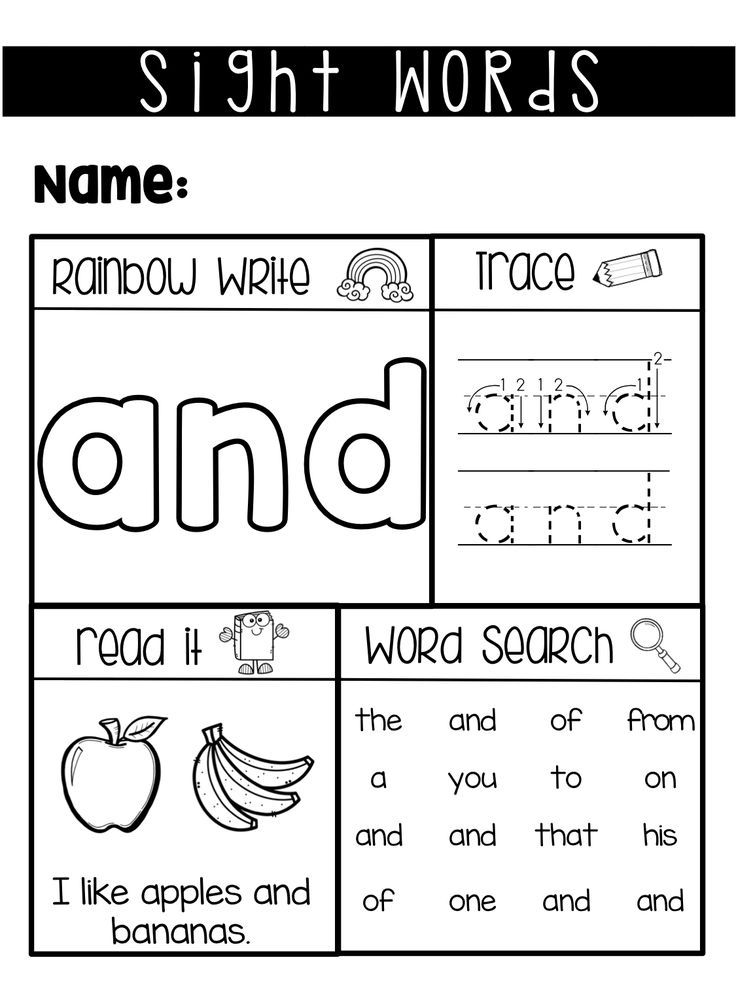
“It is in play that the personality of the child is most fully manifested.” - S. T. Shatsky. This suggests that playing together also helps you learn about your baby's personality development, find and eliminate problem areas, and help your child overcome various kinds of difficulties. All this will be clear in the process of observing the game, which in turn will allow you to become closer to the baby, build trust and understanding with him.
Well, no matter how diverse the virtual world is, it will not be able to replace a loving parent for a child and will not give him the necessary attention, support and assistance in development.
Ideas for joint games for children and parents
It is important not only to know and understand the needs and preferences of your child, but also to see his problem areas that require elaboration or more accurate diagnosis. And already based on these factors, you can proceed to the choice of a joint game. Of course, it is better to try all possible options with the child so that the baby’s activity is interesting and varied for him, and you can examine him from all sides.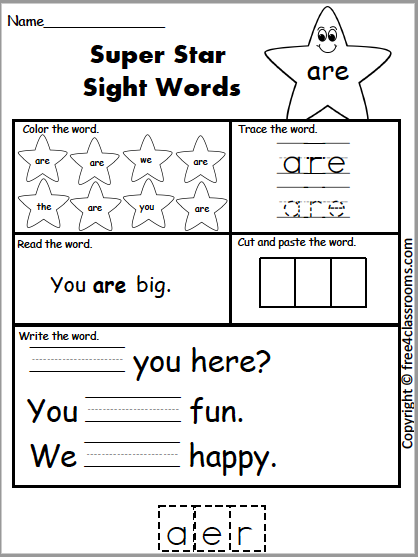
Role play
Role play is very useful for a child. It is she who helps him develop important social skills. These are emotions, and cognitive abilities, and oral speech, and just the ability to explore the world. By organizing a role-playing game, you help your child train attention, self-control, and also become more deeply imbued with processes, characters, activities that are interesting for him, etc. The main thing is that the child will enjoy the process itself, since the result is far from the main part of a role play.
Depending on the age of the child, there are several main points for organizing a joint role-playing game:
- 1-2 years old. At this age, all games are based on the child's usual activities - walking, eating, sleeping, etc. Pay attention to how babies repeat all these actions with their favorite toys - feed them, dress them, bathe them, rock them. When organizing a joint game with a baby, you must take this feature into account and build an appropriate scenario.
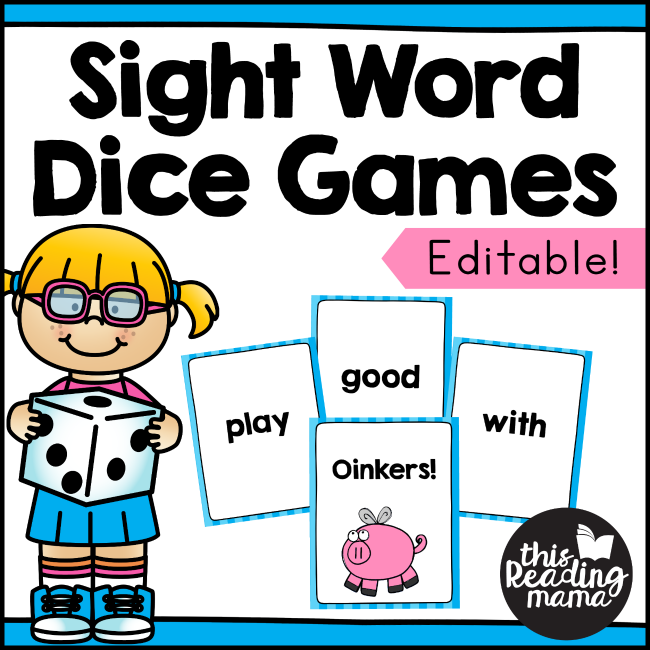
- 2-3 years. The child develops stable oral speech, the ability to control, understand and correctly express their emotions. All actions in the game, as a rule, are accompanied by comments and are carried out according to the planned plan within the framework of the topic of interest. For example, the baby no longer just takes care of the doll, but also builds dialogues with it, gradually complicates the actions (not just rocking, but preparing the bed, reading a fairy tale).
- Up to 4 years. Here, the environment has a great influence on the game. Most of the games at this age are based on the events that the baby could see in movies, cartoons or real life. An expanded vocabulary, the ability to "play" with intonation, the concept of the time of day, the year make the game more meaningful and varied. An important role is also played by abstract thinking that arrived in time - any object can become a toy.
- 5-6 years old. As the child grows older, with the all-round development of the child, the role-play becomes more difficult.
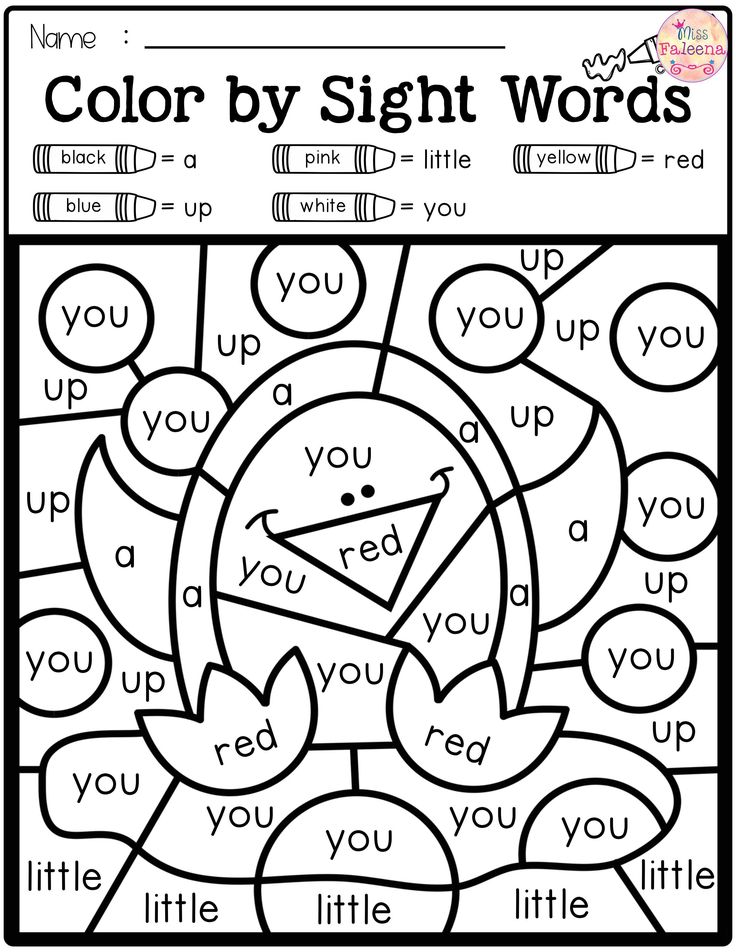 Many characters may already be involved in it, the story may have prerequisites and a likely continuation or end, creative shades appear. Your baby will no longer want to just play in the store. But playing out a shopping trip with the whole family - from planning a shopping list to leaving the store, will already be much more interesting for the baby.
Many characters may already be involved in it, the story may have prerequisites and a likely continuation or end, creative shades appear. Your baby will no longer want to just play in the store. But playing out a shopping trip with the whole family - from planning a shopping list to leaving the store, will already be much more interesting for the baby.
For role-playing, you can use anything you can think of. You can buy different costumes, play sets that consist of different items, designers, figurines of people and animals, and much more.
Let's take a look at some examples of products that are great for parent and child role play of any age.
This section contains goods for organizing a puppet theater. All of them are designed with children in mind, so they are completely harmless to your baby. Arrange a joint performance, distributing roles, helping the baby to know the world around him, as well as to establish contact with you.
With the Food in the Basket play set, you can play out several situations: a shop, a reception or a restaurant.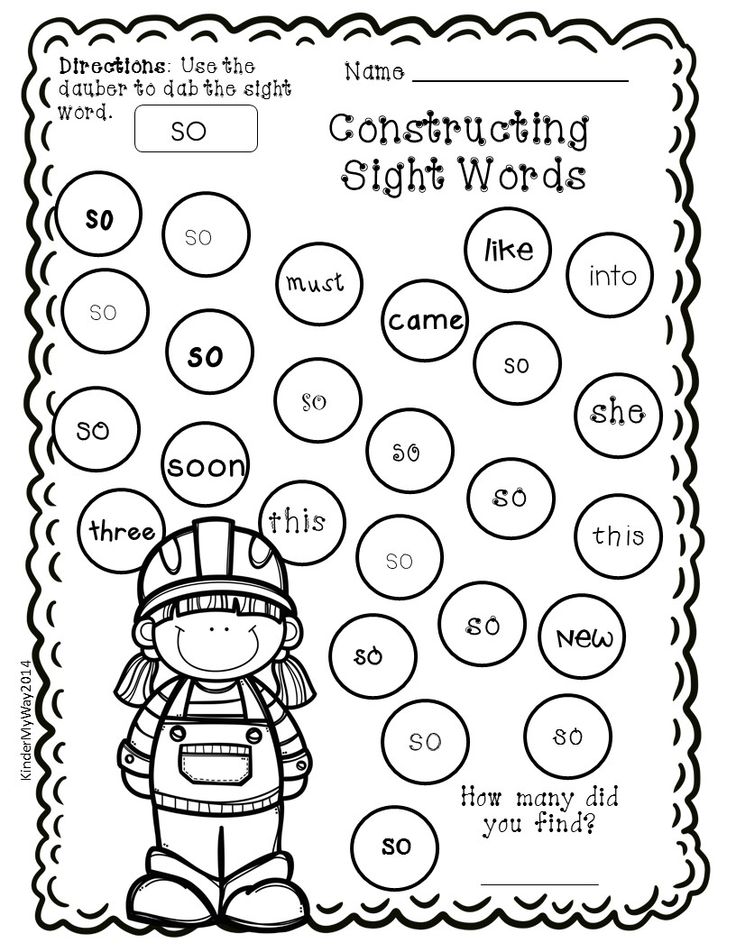 Your child will quickly learn the names of products, as well as get acquainted with the features of a number of professions.
Your child will quickly learn the names of products, as well as get acquainted with the features of a number of professions.
Sports games
Many experts recommend introducing a child to sports from early childhood, because physical education is an equally important aspect of the child's proper development. By playing sports with your baby, you will help him improve his coordination, responsiveness, speed, agility, activity, as well as critical thinking and introspection.
Like any other games, sports can be divided into several categories:
- Exercises and ball games. They have a positive effect on the physical development of the child - the mobility of the joints increases, the muscles of the arms and legs develop, coordination, plasticity. Playing ball, the child makes a large number of body movements in one moment, which gives a significant impetus to the overall development of the nervous system.
- Collective ball games help in the development of the will, create conditions for improving the skills of analysis, planning and decision-making, communication with team members.
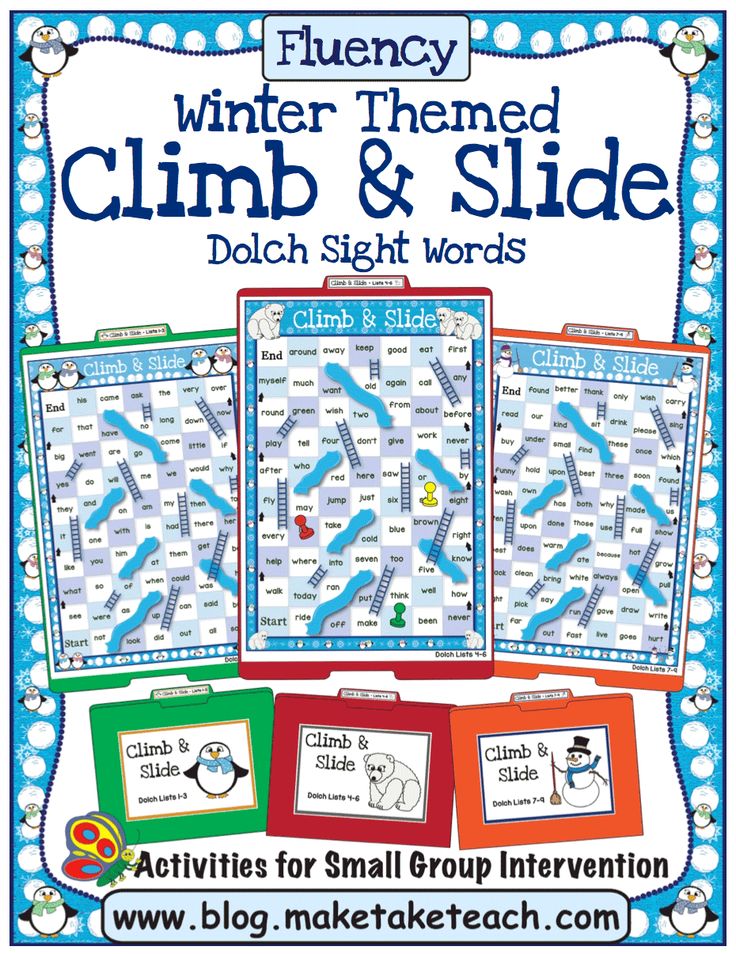
- Physical exercises and outdoor games. Any equipment can be used for them - hoops, skittles, balls, badminton sets, frisbees and much more. It is important to understand that this is a game, not a sport. Your baby should want to play on his own, and should not feel discomfort or fatigue.
To attract the child's attention to the game and make the process more interesting, you can introduce various characters. Also, by allowing your baby to use fantasy and imagination, you give him the opportunity to get physical development in a simple way, without straining and not forcing yourself to perform certain actions (unlike simple sports exercises).
In this section you can find a large number of sports equipment for all ages and features. Various shells, balls and other sports equipment are perfect for both playing and for the physical training of the baby.
Board games
With age, the child begins to show interest not only in outdoor games and active physical activity.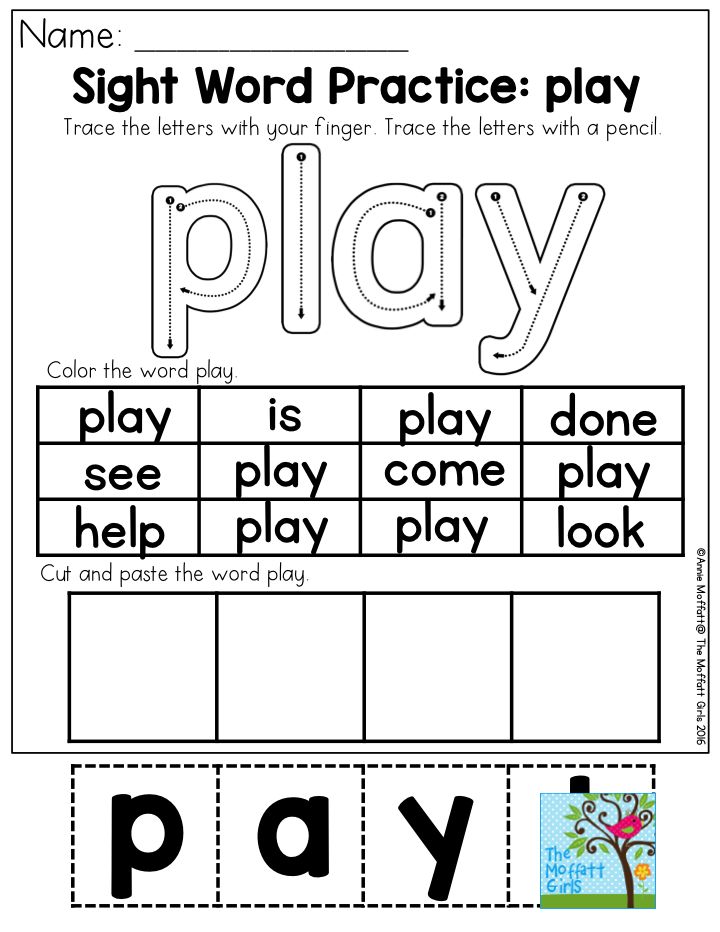 Developing arbitrary memory and attention, the baby strives for a different knowledge of the world - through reading, watching movies, listening to fairy tales, studying in kindergarten and other ways. In this case, it's time for board games. All of them help in several aspects at once:
Developing arbitrary memory and attention, the baby strives for a different knowledge of the world - through reading, watching movies, listening to fairy tales, studying in kindergarten and other ways. In this case, it's time for board games. All of them help in several aspects at once:
- Rapprochement with the family.
- Possibility not to get bored in bad weather.
- Development of memory, auditory and visual perception, as well as the ability to concentrate on one object (on the game itself).
Playing a board game with the whole family, you:
- Create a positive atmosphere in the family circle, endow the child with positive emotions.
- Keep in touch with each other.
- Improve your child's cognitive skills, help him solve various problems, improve his logic and cognitive abilities.
- Help your child to relax, reduce stress.
- Prevent nervous system disorders. The mental activity that is triggered by a board game prevents the risk of a host of cognitive disorders, from Alzheimer's disease to dementia and other diseases.
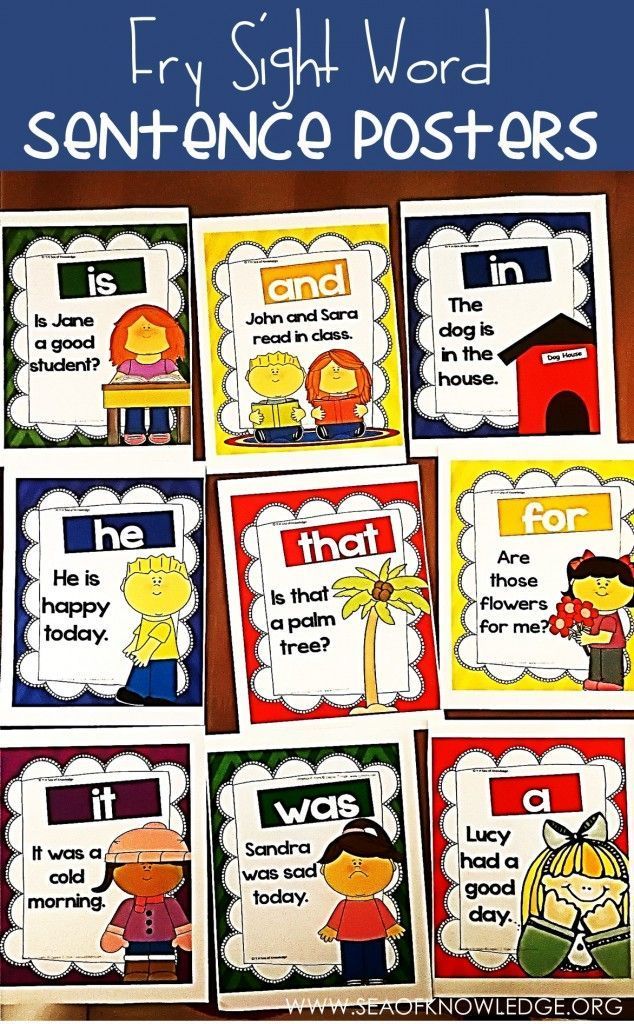
Among the huge variety of board games, the kid may be interested in walking games with chips, cards with riddles and puzzles, and just traditional board games like checkers, dominoes and others.
In the board games section you can find a large number of games for all ages. From simple "walkers" to real checkers, dominoes and other popular games. There are also educational games. The game "Mathematical Pyramid" will help in mastering the account, "Pyramid of Letters" - will teach the kid to write words with unstressed vowels correctly.
Experiments
Every child constantly asks "What?", "How?", "Why?". Toddlers are extremely interested in knowing the world around them in all its manifestations. Any action or object causes a number of questions and misunderstandings in the child, which the baby wants to know as soon as possible.
Experiences and experiments are one of the most interesting ways to get to know the world. They help:
- Develop curiosity.
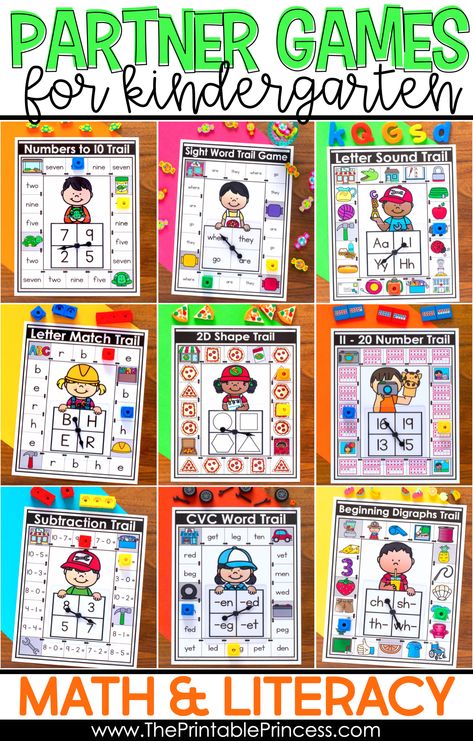
- Expand the child's horizons and knowledge.
- Improve thinking, logic, intelligence.
- Establish cause and effect relationships.
- Develop perseverance and observation.
- Learn to draw conclusions and analyze the course and results of activities.
In addition, by conducting joint experiments with your child, you will also be able to establish contact and give him due attention.
It is not necessary to create certain conditions for setting up experiments. You can conduct simple home experiments on mixing non-toxic and non-combustible materials, or use ready-made kits that include all the necessary elements and the equipment required for them.
We have a large number of kits on our website for safe, but no less impressive experiments. With a set of "Crystal fluffies. Flower" you can experience how to grow a beautiful crystal flower and impress your child. The kit contains everything you need to conduct the experiment, as well as detailed instructions.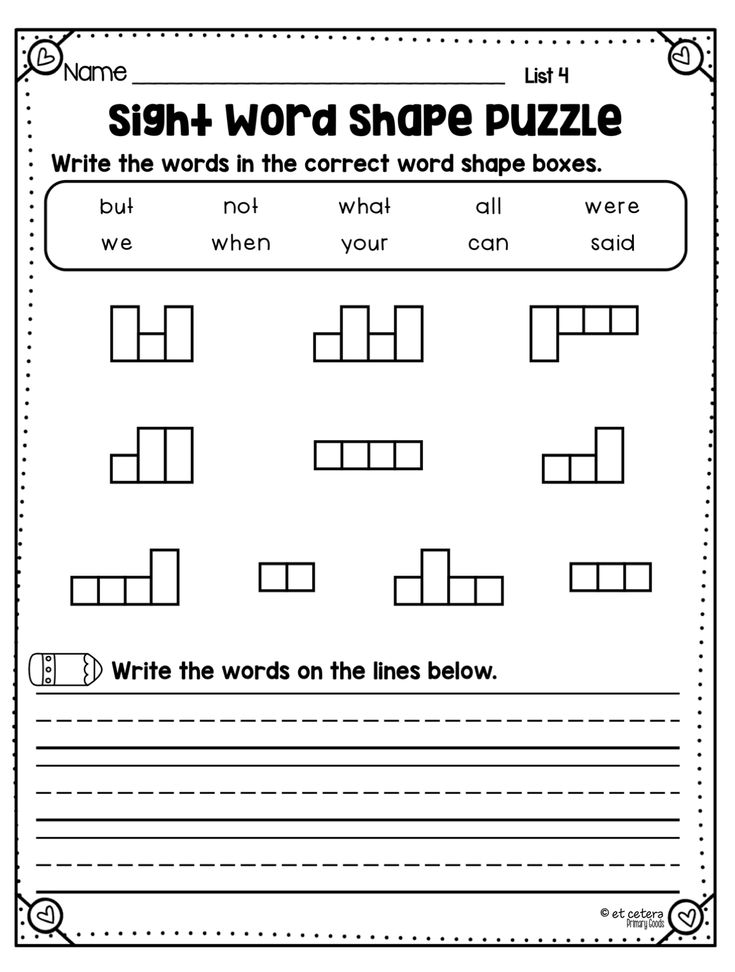
Games for toddlers up to 3 years old
At an early age, a child needs much more attention. After all, it is at this time that all the skills are laid, and the acceptance of the family takes place. This is the time to show your baby that he is loved, thereby forming a strong bond with the child.
Particular attention at this age should be given to educational games. This will help the baby learn more about the world around him, as well as facilitate his development.
Speech games
In the period up to three years, the child begins to actively learn oral speech. The desire for communication and attempts to imitate adults are noticeable from the cradle, when the baby utters sets of unrelated sounds. Active games aimed at the development of speech will help the child adapt to society, as well as help him improve memory, logic and attention.
Speech games can be divided into several areas:
- Games for memorizing letters and sounds.
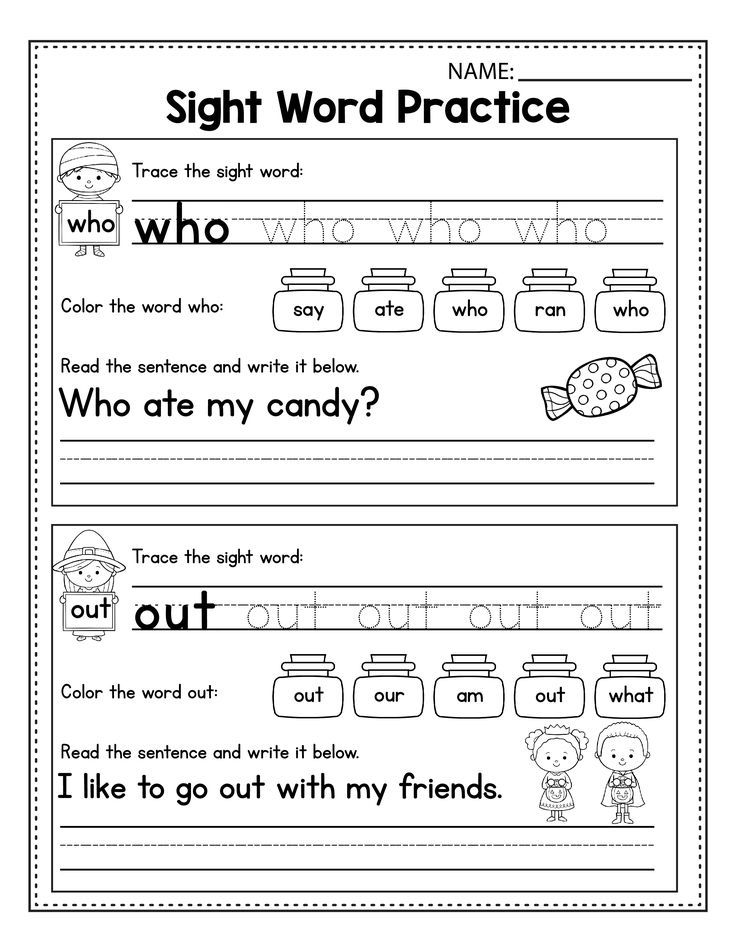 Actively develop the speech apparatus and help the child quickly master reading and correct oral speech. Also, with the help of such games, you can detect speech defects and work them out in time.
Actively develop the speech apparatus and help the child quickly master reading and correct oral speech. Also, with the help of such games, you can detect speech defects and work them out in time. - Word games help to expand vocabulary, erudition and memory.
- Games where it is important to give complete answers and build sentences will help the baby learn to correctly and correctly express his thoughts in full.
To do this, there are many different sets that come with everything you need. Bright cards with colorful pictures, as well as simple and understandable symbols attract kids and keep them entertained.
In the section "Developing Board Games for Kindergarten Children" you can find a lot of aids for the development of speech. Each game meets the requirements of the Federal State Educational Standard, and also has a lot of positive feedback from both teachers and parents. All of them are selected taking into account the level of development of the child and his age characteristics.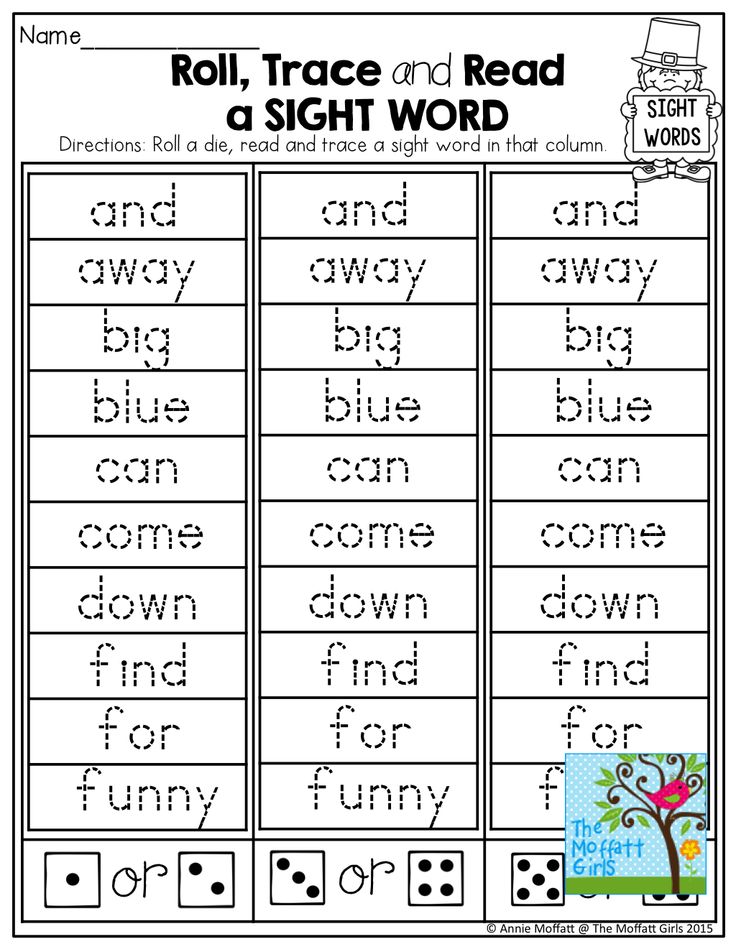
Also, speech board games can be found in the section "Didactic toys for kindergarten children".
Active games
In early childhood, a child learns to move. He will have to master the gait, jumping, hand movements. By playing active games, you will give your child the opportunity to quickly learn physical skills and improve existing ones. A large number of active and outdoor games are aimed at improving the speed, coordination, agility, and physical endurance of the child.
By playing active games with your child, you act as an example for him and also provide support. The kid will not be so scared and embarrassed to perform certain actions if he knows that he is in the circle of his family, ready to help at any moment.
You can use the good old games that we pass on to each other from generation to generation - catch-up, "Stop the Earth", "The floor is lava" and others, or diversify them with special sets or sports equipment. As a rule, sets include all the necessary equipment, and also contain detailed instructions for the game.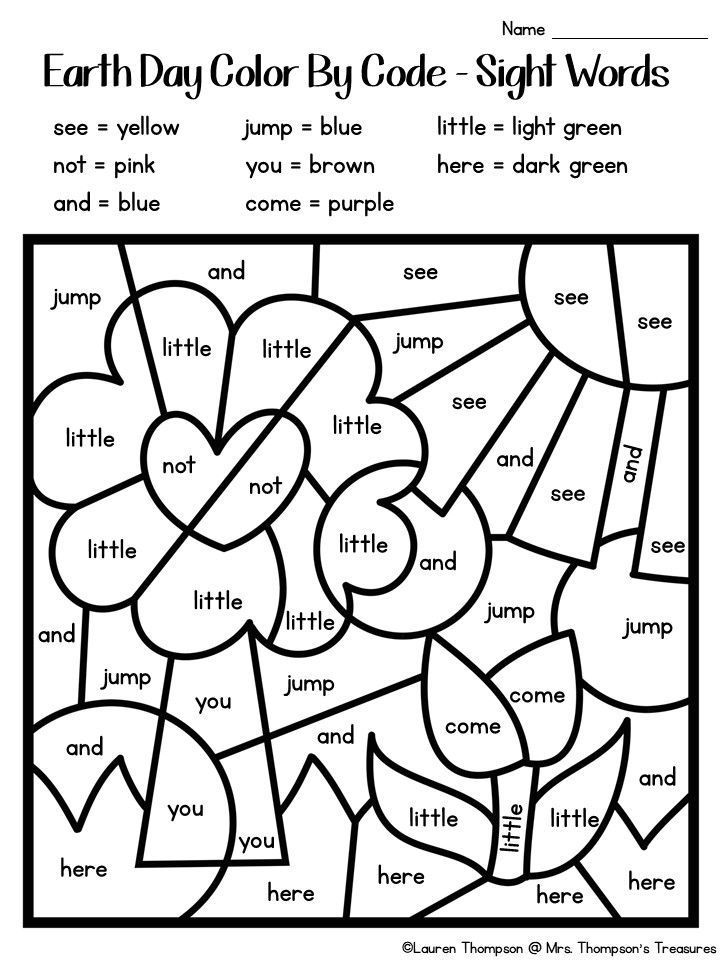
In the sports equipment section, we have a wide range of products focused on the physical development of the baby - toys, sports equipment and other equipment. All this can be used for active games indoors or outdoors.
Ring toss games are great for fun with the family. Throwing rings, the kid will train his dexterity, speed and reaction time. The game has a competitive element that will motivate your child to improve their physical qualities.
Logic games
Logic is one of the most important skills. It is she who helps in solving many everyday problems and issues. It is important at work, in training and in other activities. Therefore, when playing with a younger child, do not forget about logic games.
Logic game activates the activity of the cerebral cortex and develops several qualities of the child at once:
- memory;
- attention;
- quick wits.
In the course of a logic game, the moment of rapprochement between the child and the parent is not so important.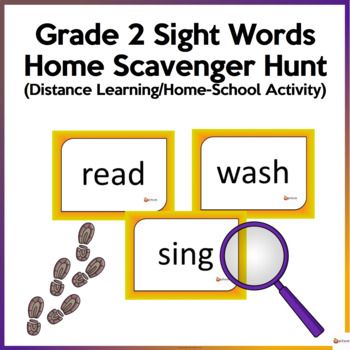 You act as a curator or assistant, pushing the baby to the correct answers.
You act as a curator or assistant, pushing the baby to the correct answers.
Logic games include a lot of board games with cards, as well as different sets for studying counting, reading, memorizing colors and shades, as well as sets aimed at the ability to classify objects, combine and sort them.
A lot of products that are ideal for playing logic games are located in the "Children's educational puzzles" section. You can pick up puzzles on different topics, for different ages and individual characteristics.
In the section "Developing logic games for children" you can find a lot of games with cards and tasks that will allow you to have fun and useful time with your baby.
Creative games
Every child can have a brilliant artist, writer or artist. By creating an environment conducive to creative development, you give the child the opportunity to discover and develop any talent in himself. Creative games are great for this. But when organizing such activities, it is worth remembering that this is not just fun entertainment, but the same development of the child as logical or physical.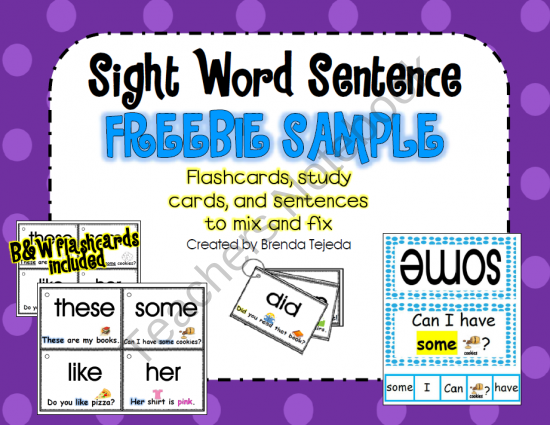
To this end, child psychologists have developed many games and manuals that help children and their parents to discover and develop their creative abilities. These include various coloring books, drawing sets, books, etc.
During creative play, you can act as an assistant, thereby helping your child to identify and develop his talent. Also, you can be a participant in the process, thereby getting closer to the baby.
The Flight of Fantasy double-sided easel will help you discover and develop your child's talent. Copy each other's drawings, come up with your own stories or just improvise, developing the child's creativity.
You can see this and other creative products in the "Children's Creative Sets" section.
Helpful Tips for Parents
By adhering to these rules, you will be able to have fun and benefit your baby and other family members:
- When starting a game, it is important to remember that all attention should be paid to it.
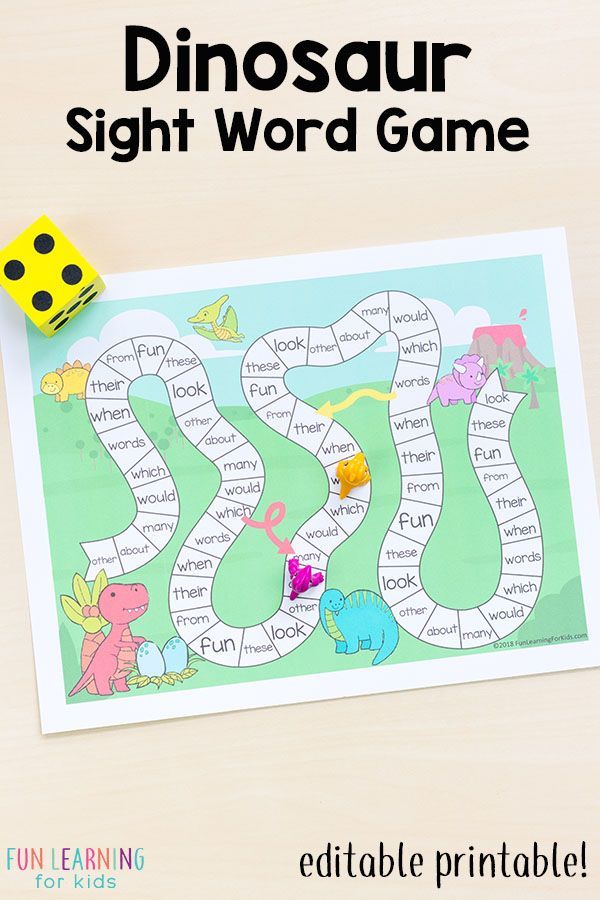 You should not be distracted by extraneous matters. Show your child how important it is for you to spend time together and help him.
You should not be distracted by extraneous matters. Show your child how important it is for you to spend time together and help him. - Eliminate criticism, condemnation and comparison. Remember that this is a game, even if it requires certain results.
- Agree with the baby about the safety of the game - no one harms themselves and others, as well as surrounding objects.
- The game must be continuous from start to finish. If during the game you realize that you do not like it, stop or change it only if the child comes to it himself.
- The child is a full participant in the game process. He has the right to his opinion and decision-making during the game. Even if they don't match yours.
- Generous positive evaluation with detailed comments will help to overcome conflicts, as well as give the child strong motivation to play itself, as well as to develop and improve the positive points you voiced.
- Strictly observe distributed roles.
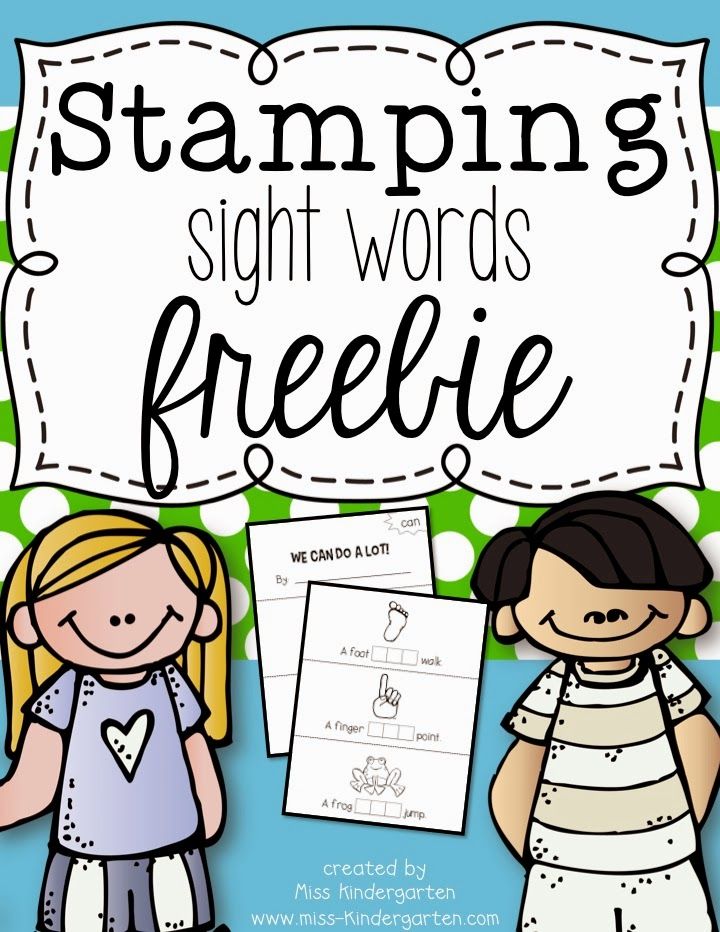
Learn more

